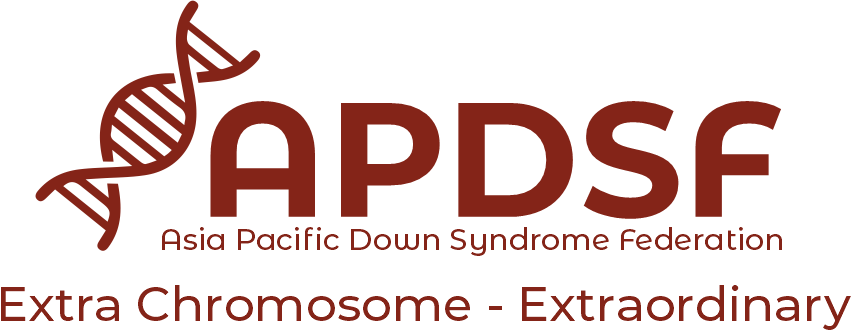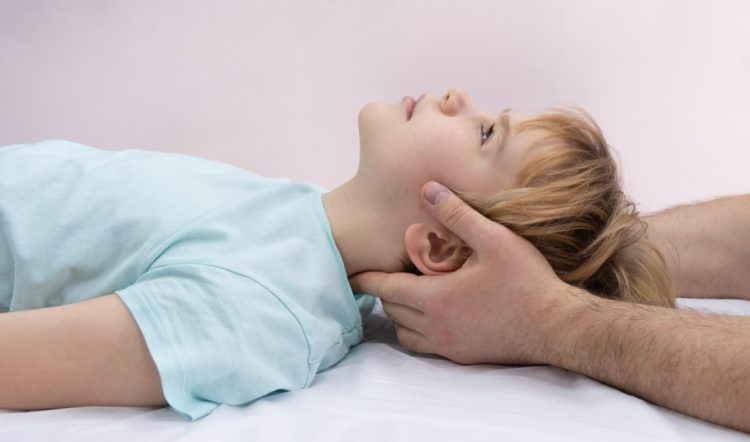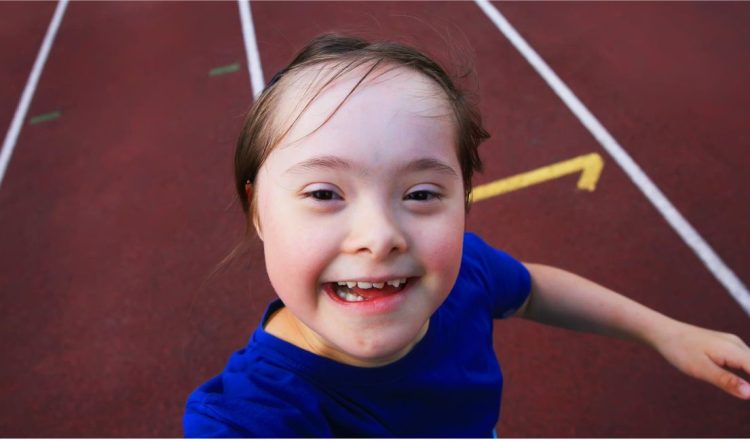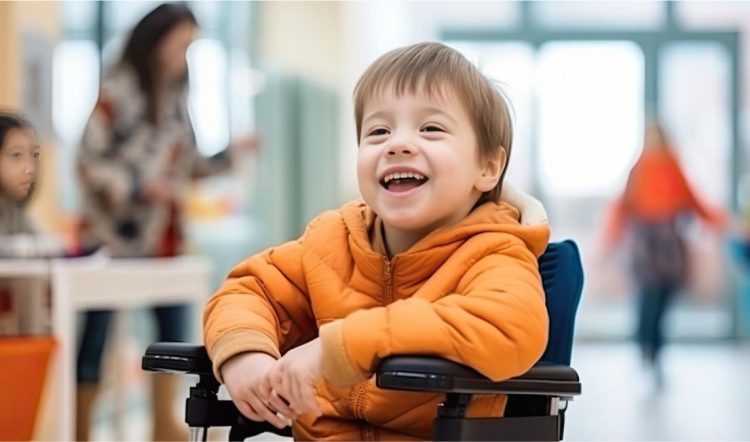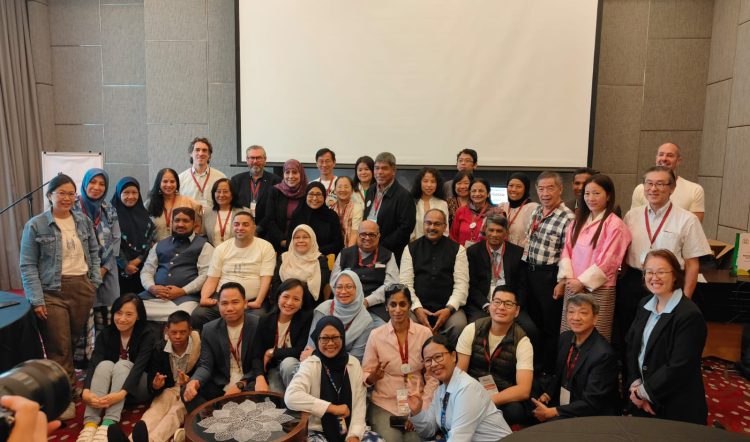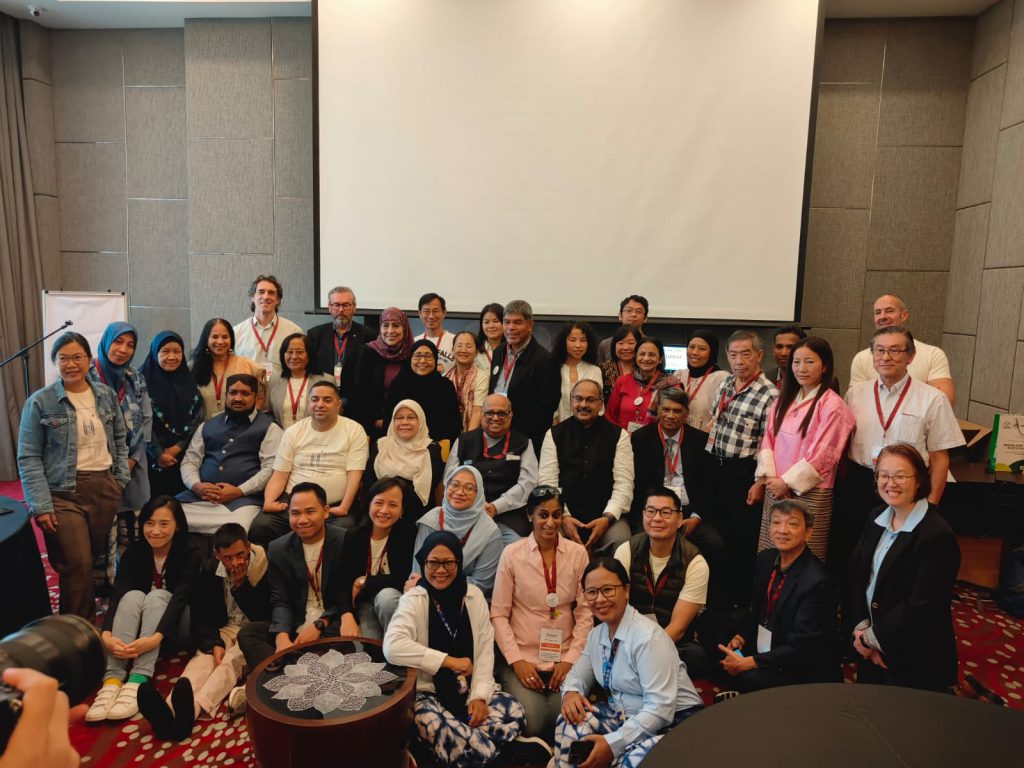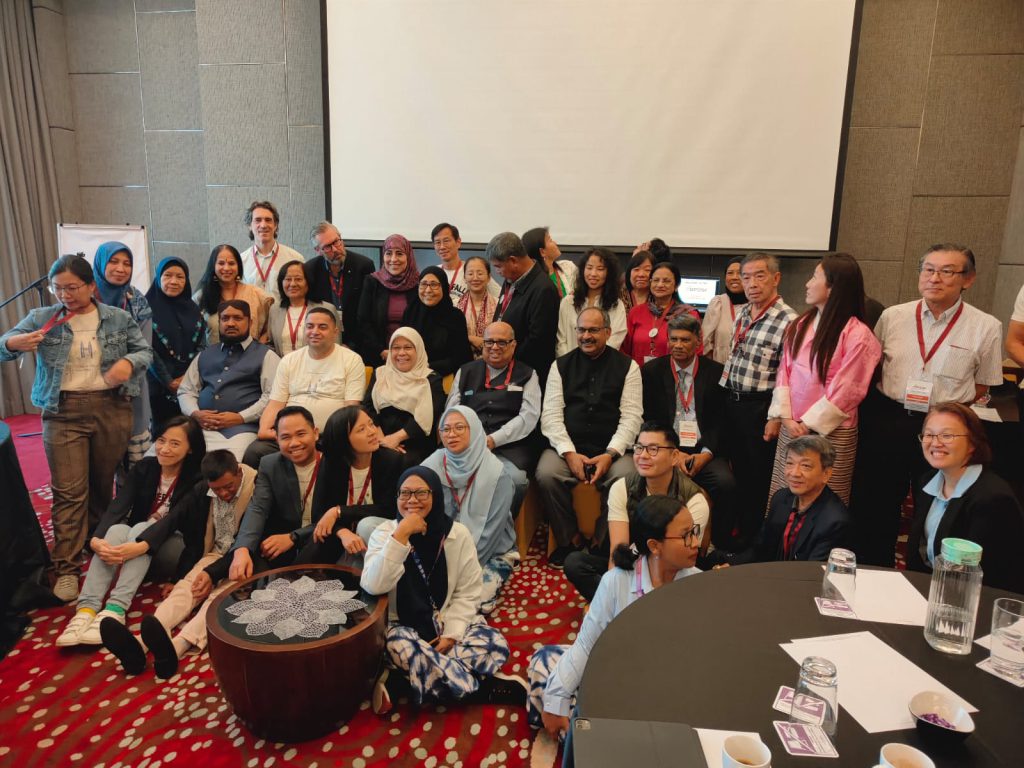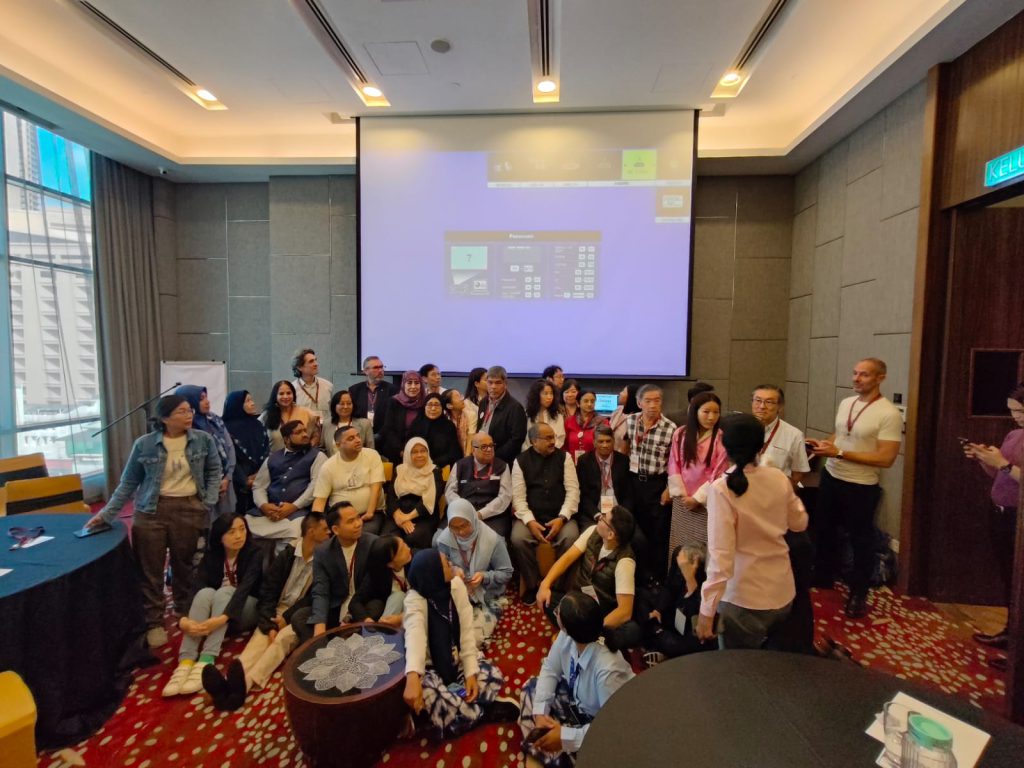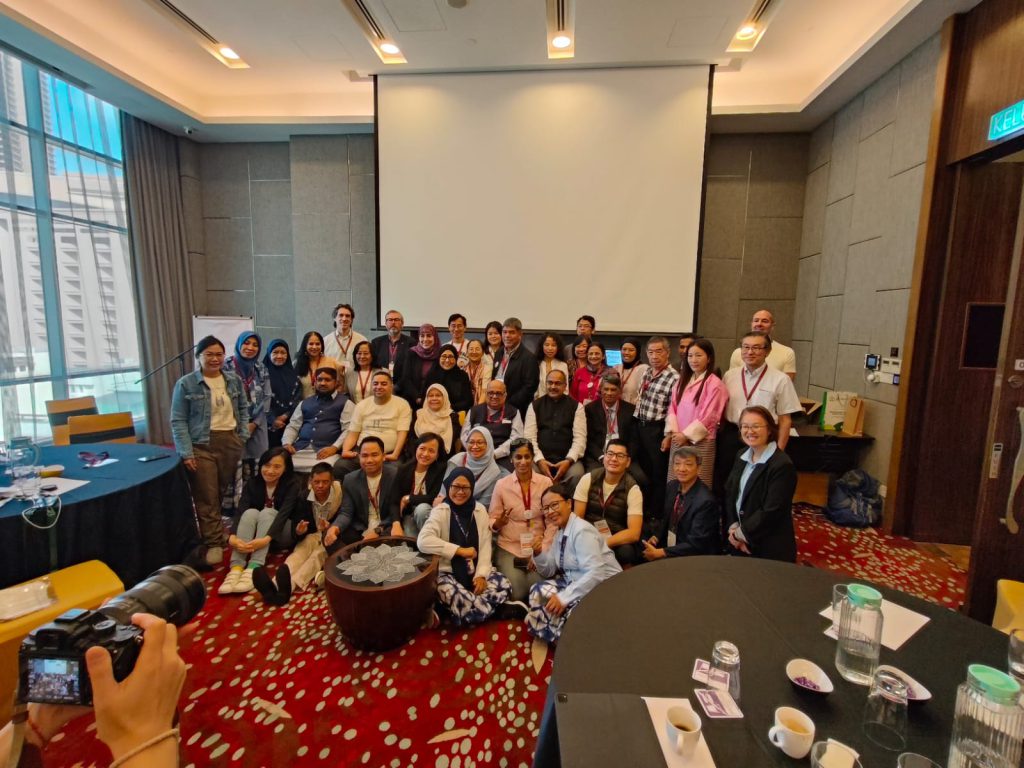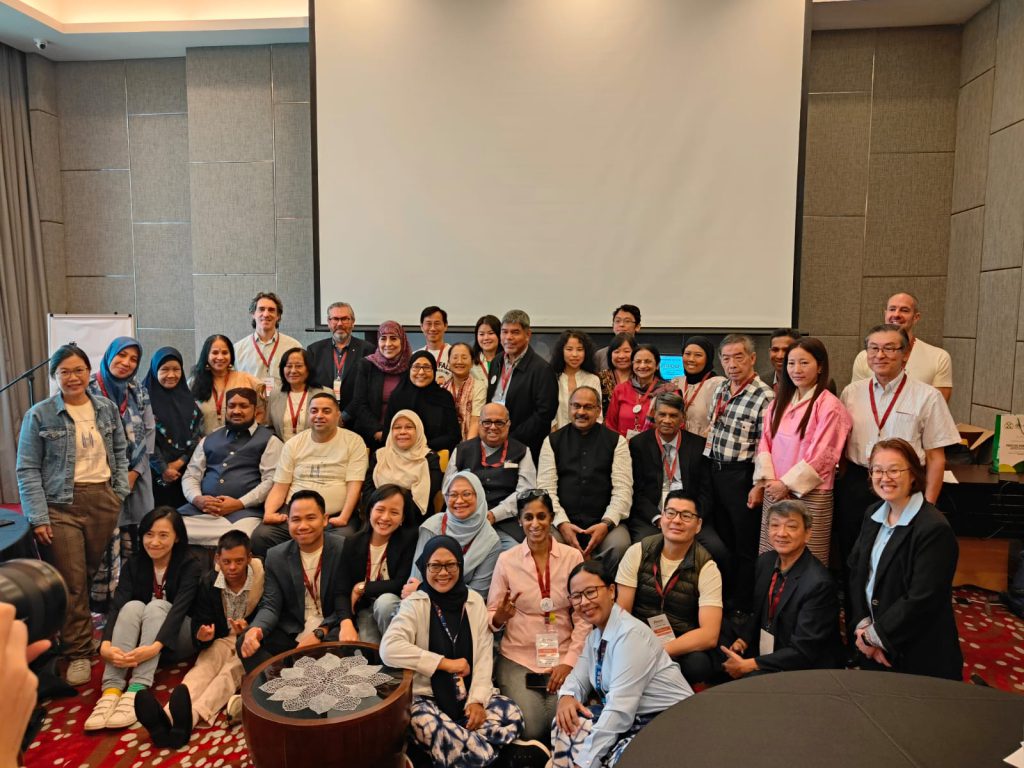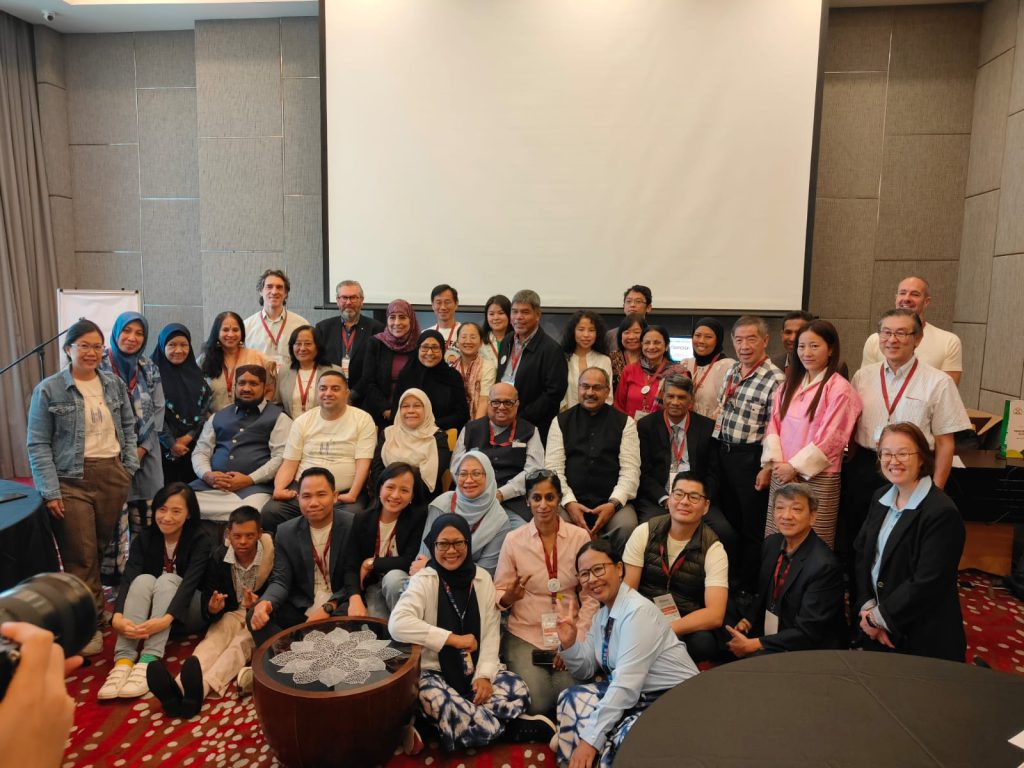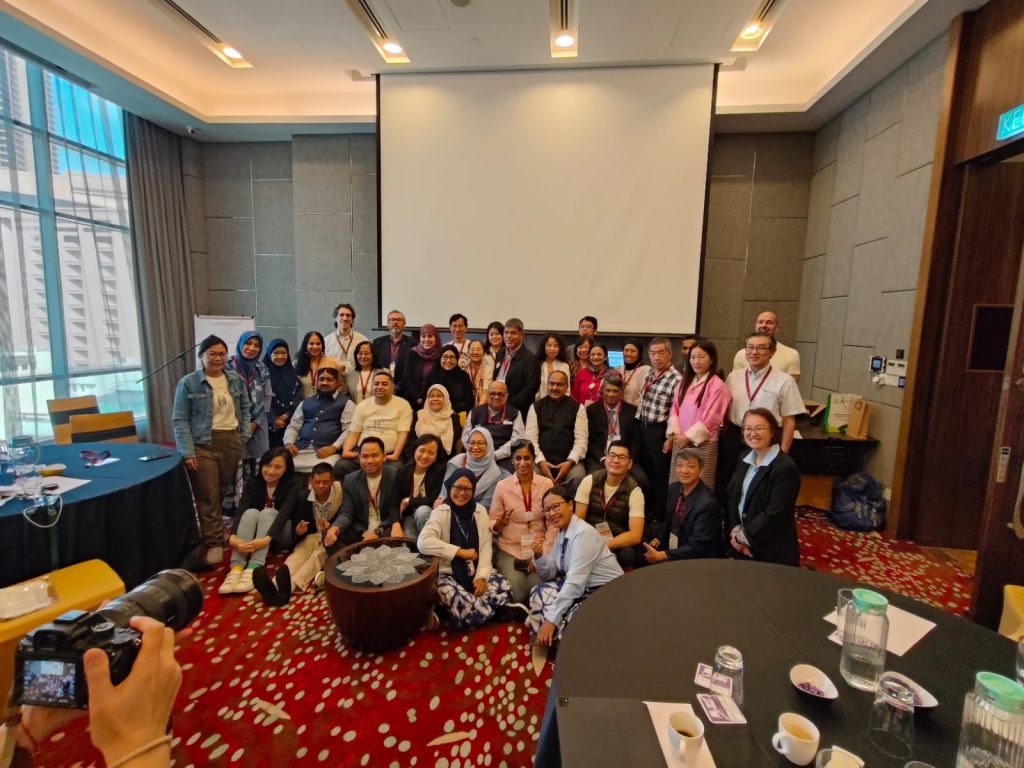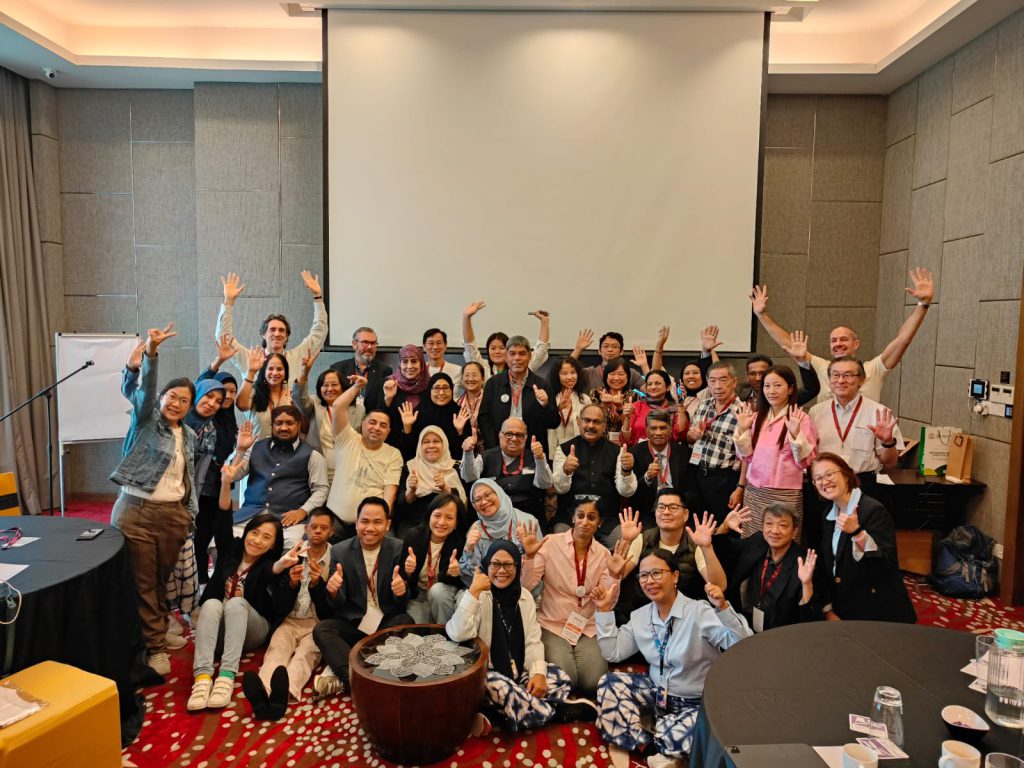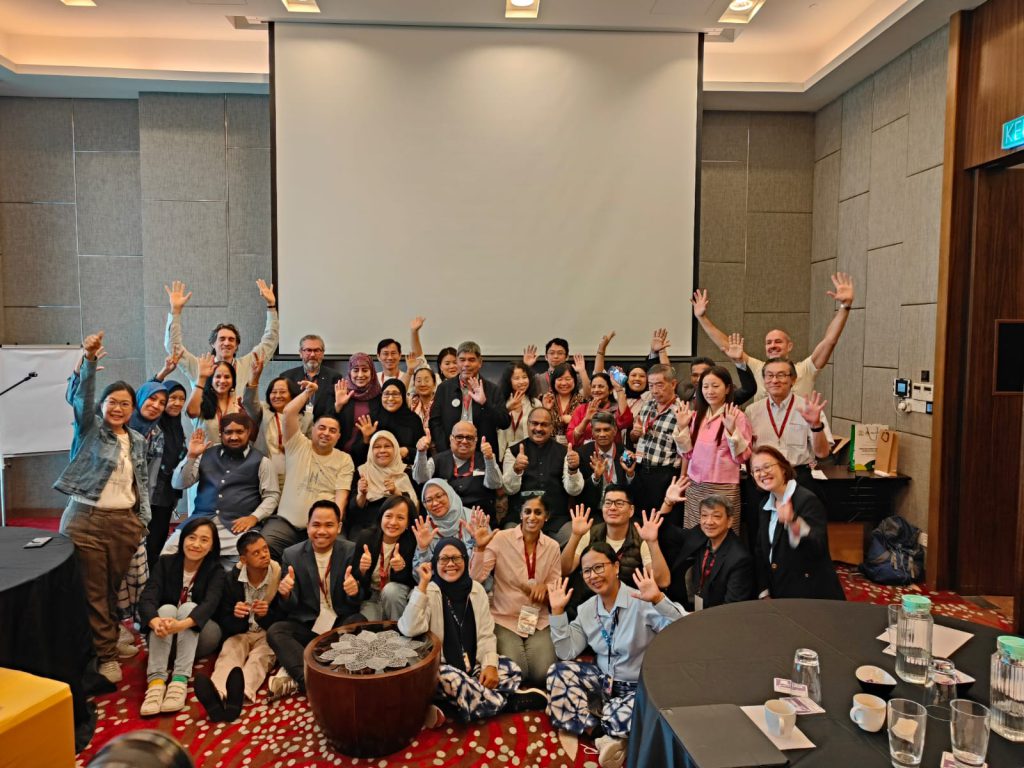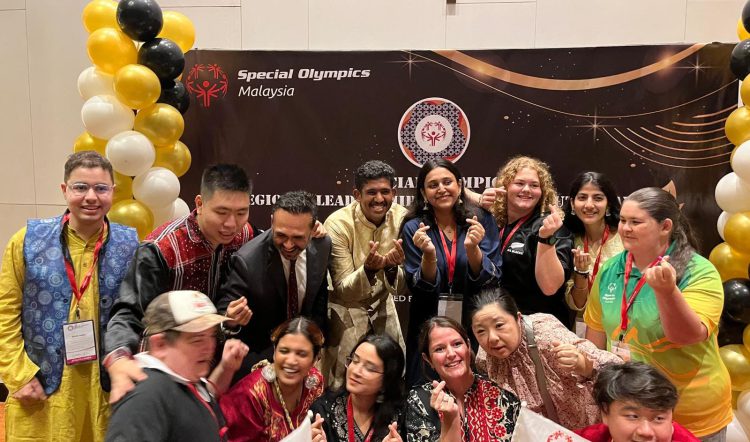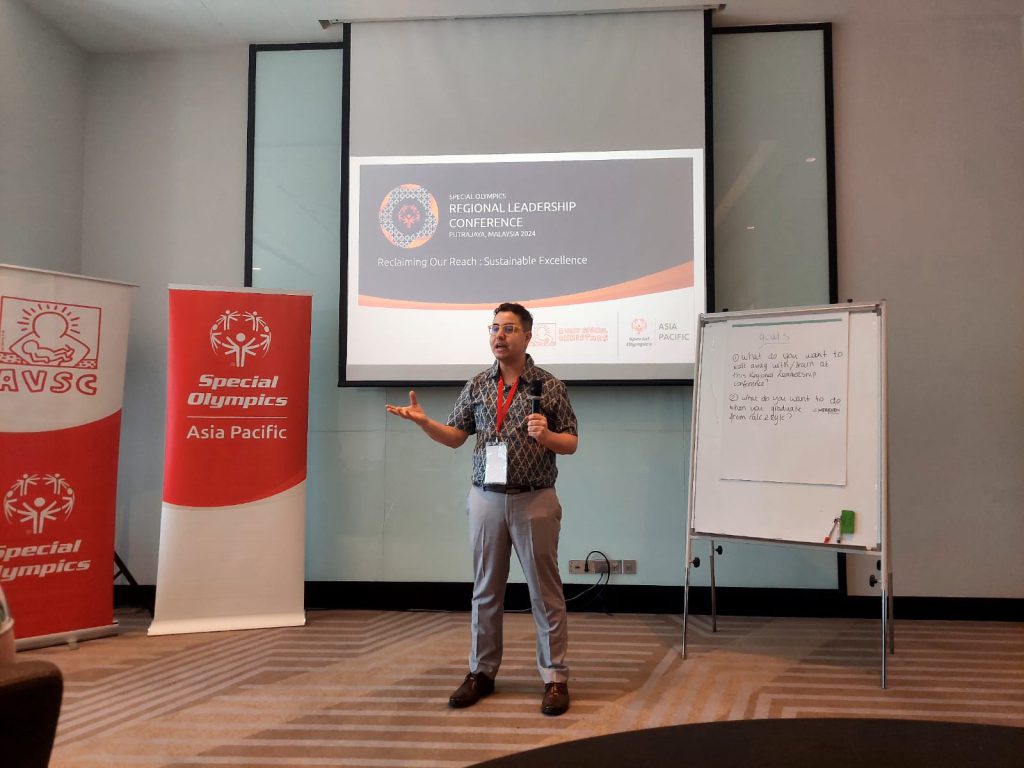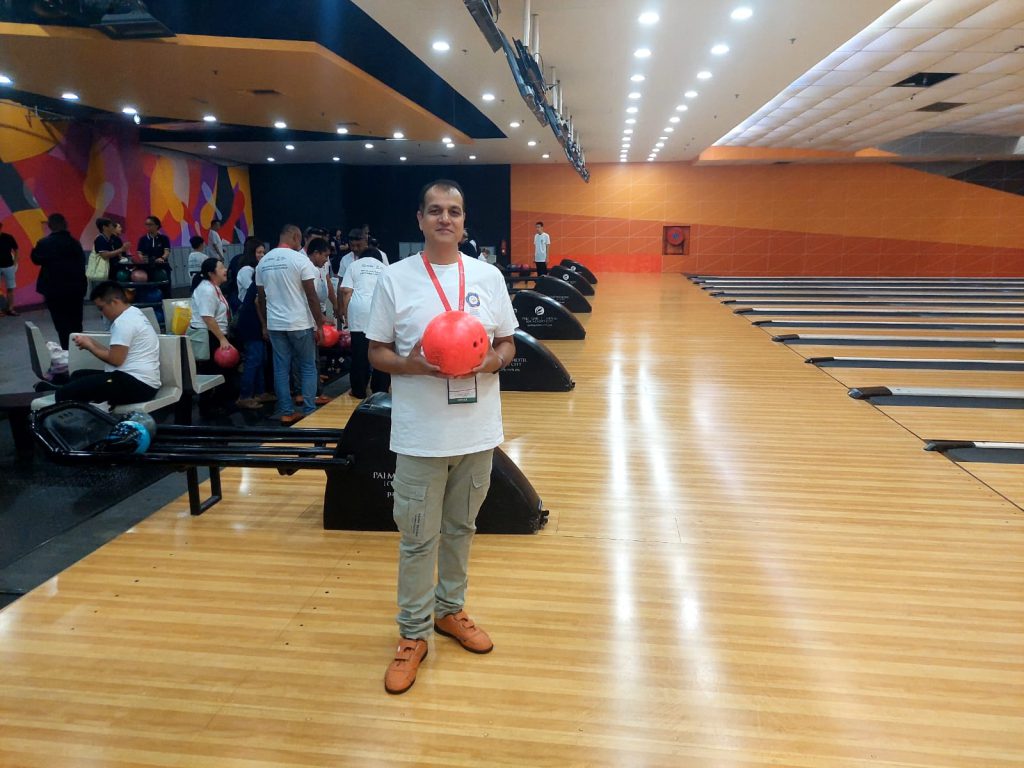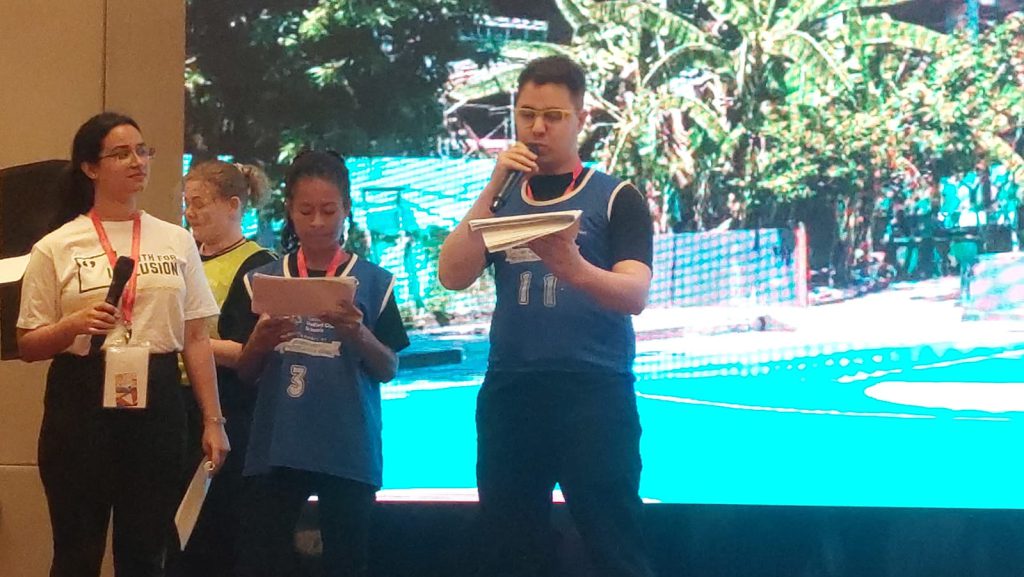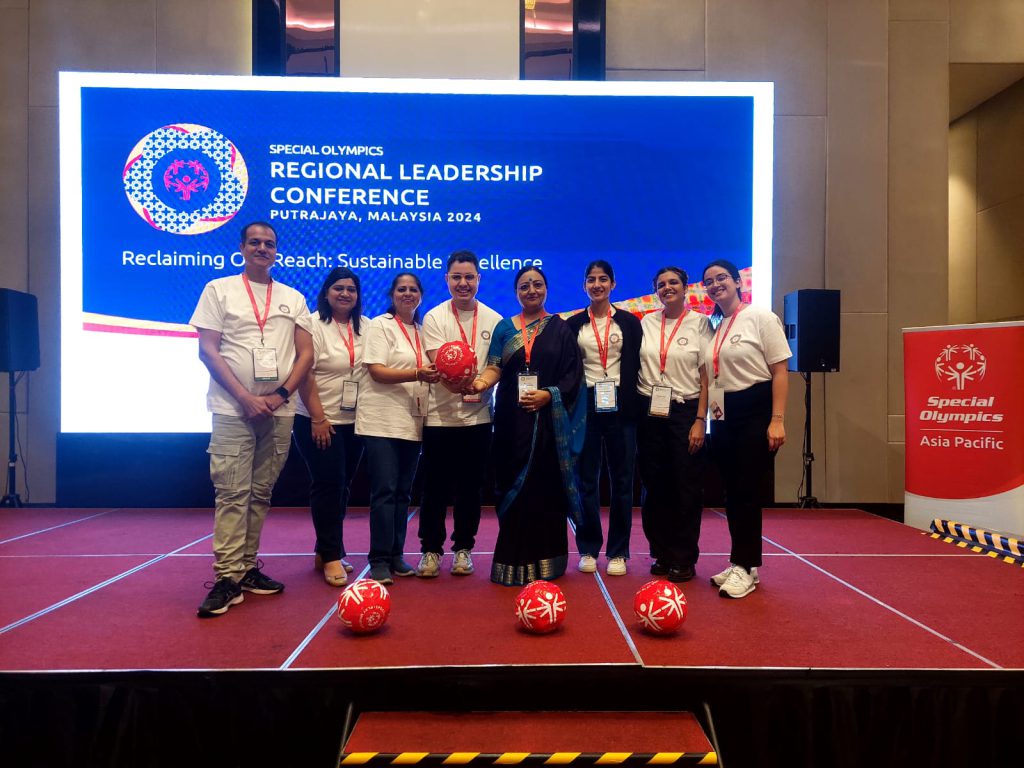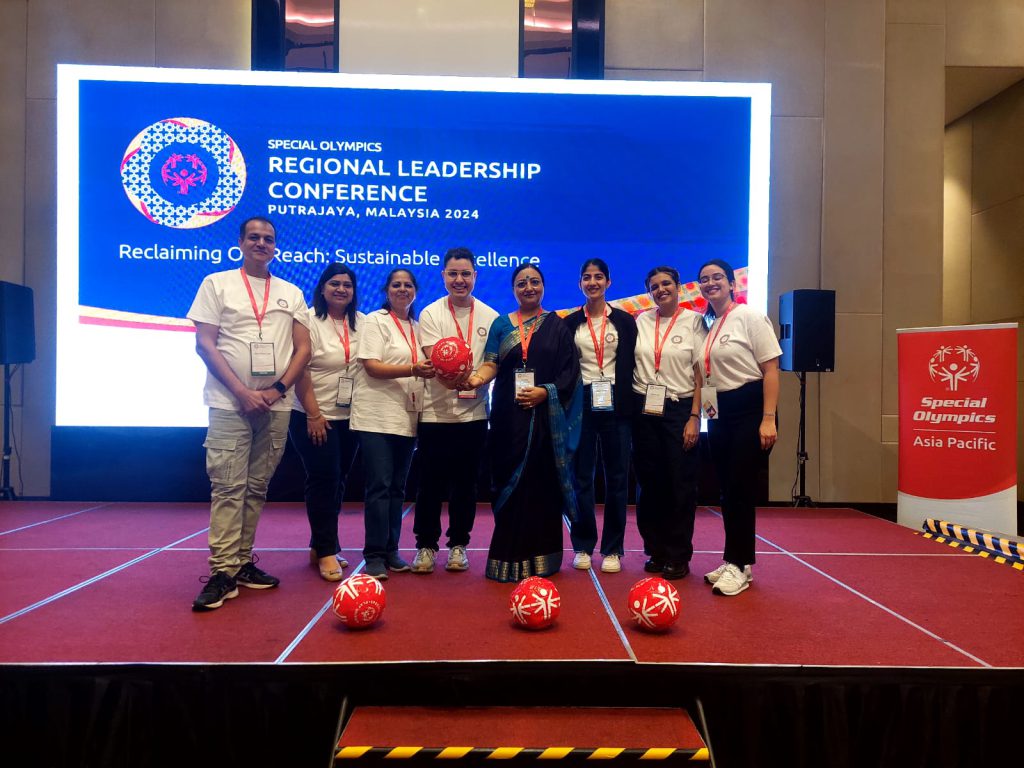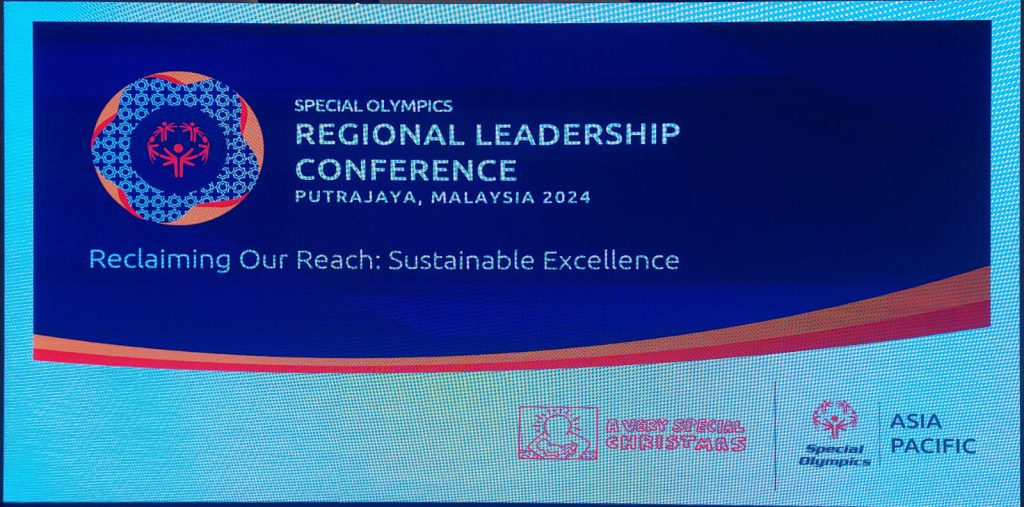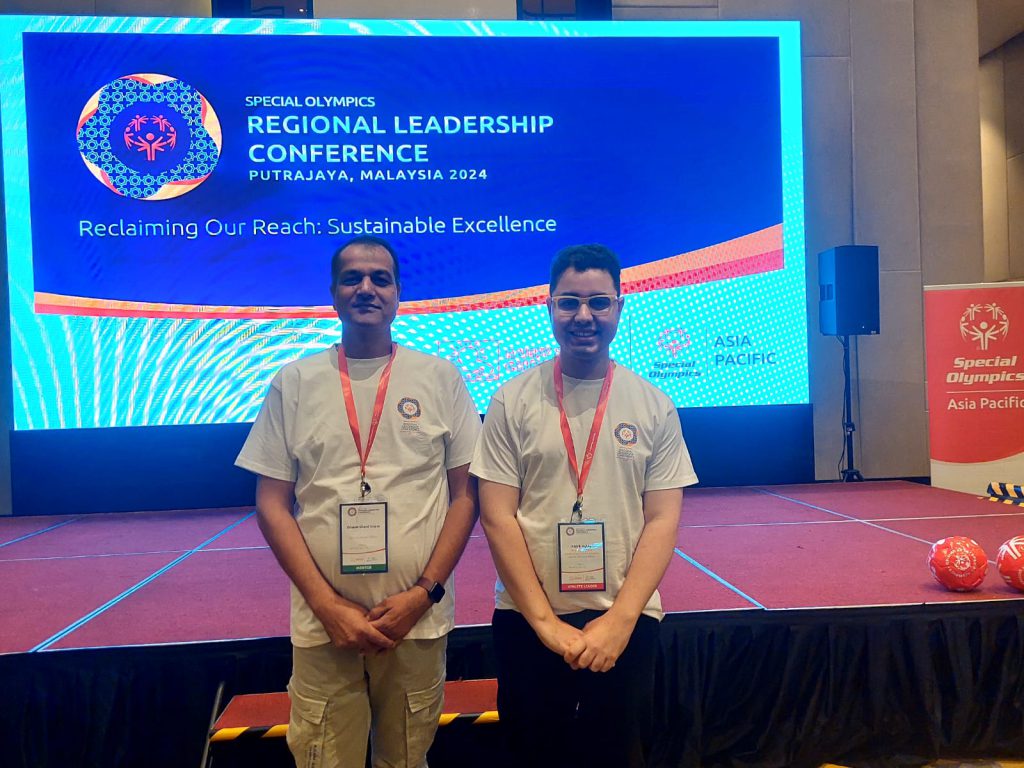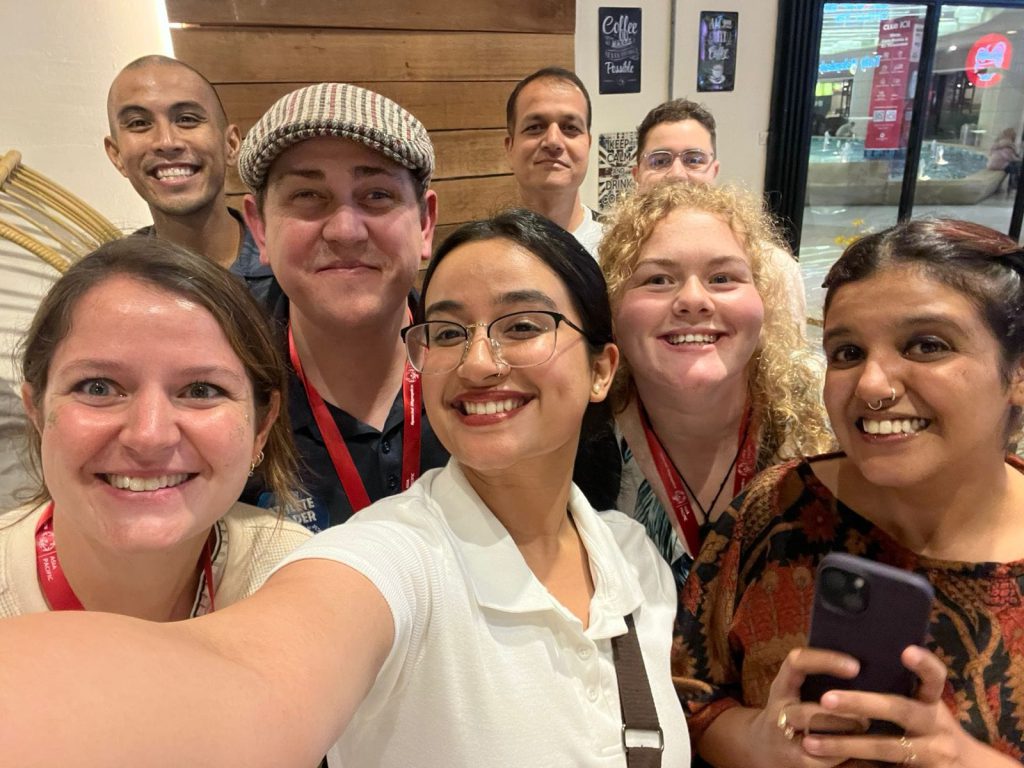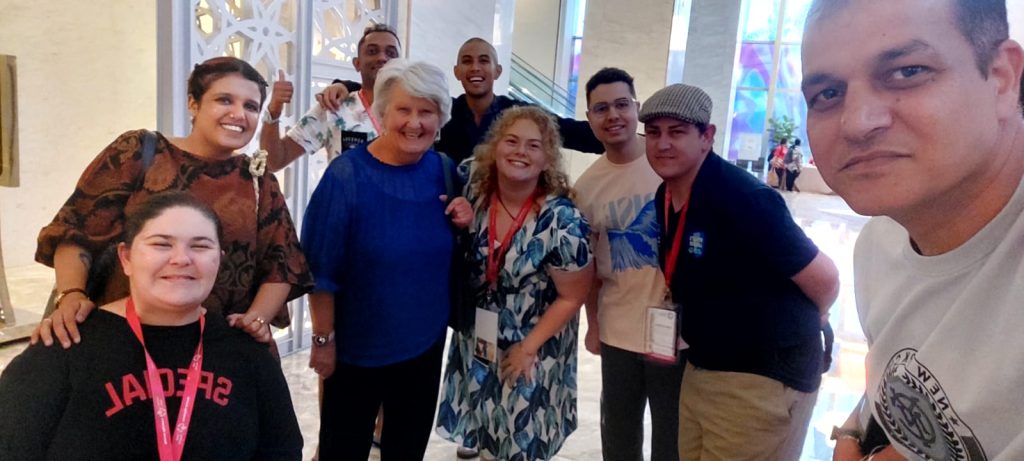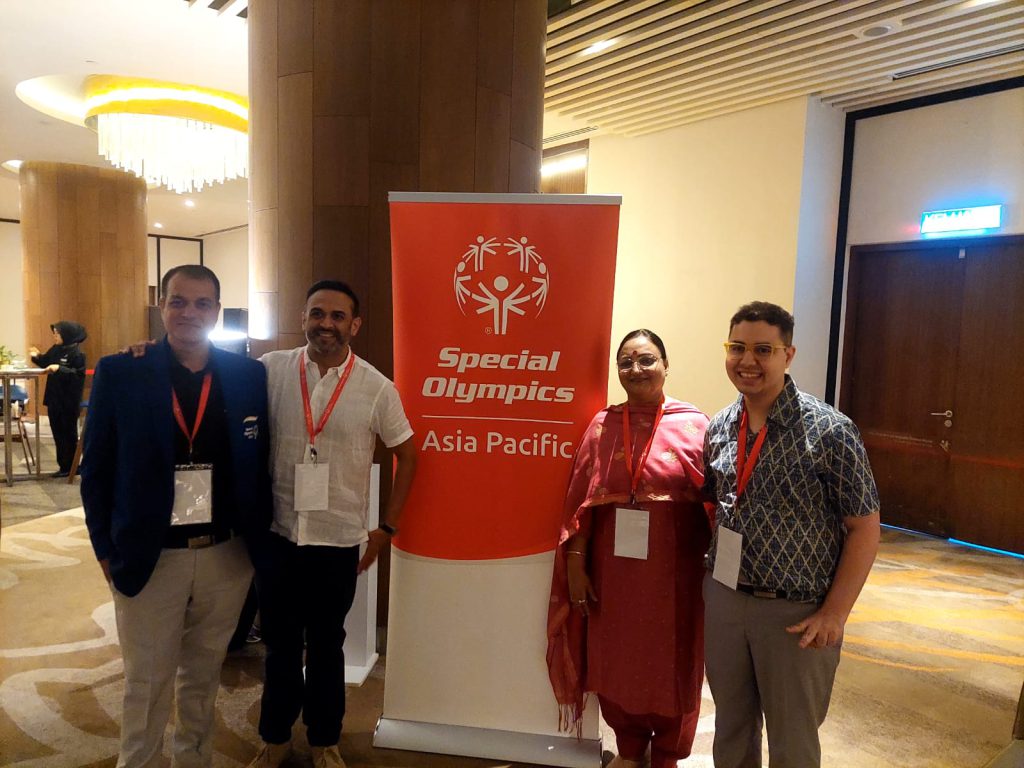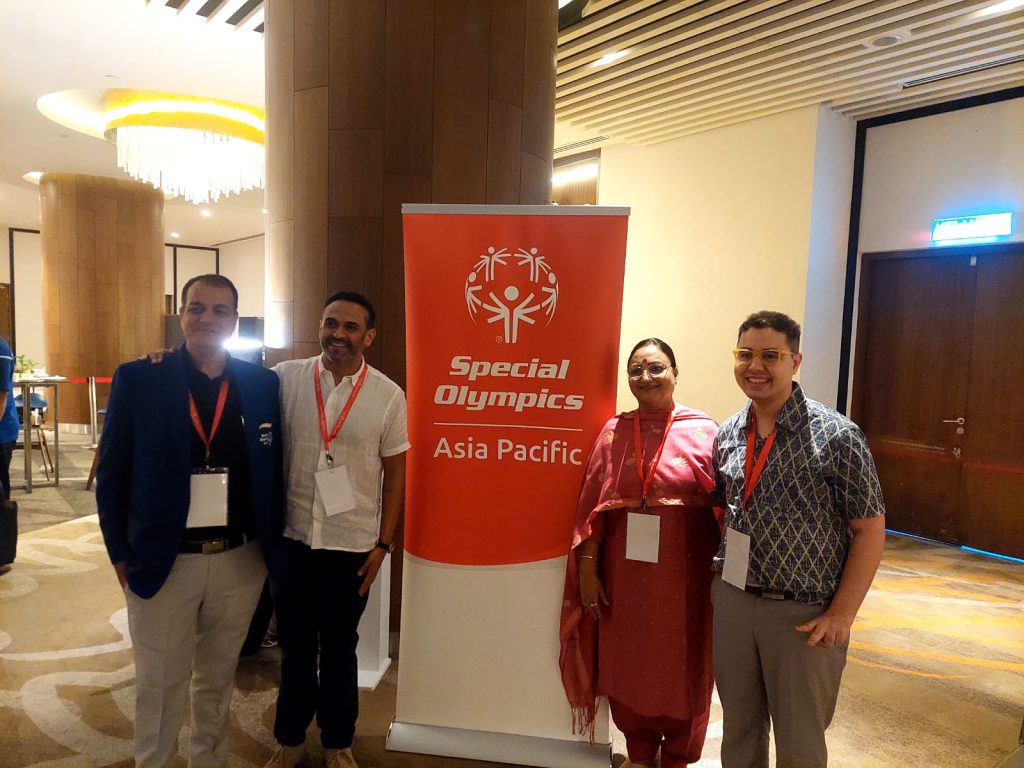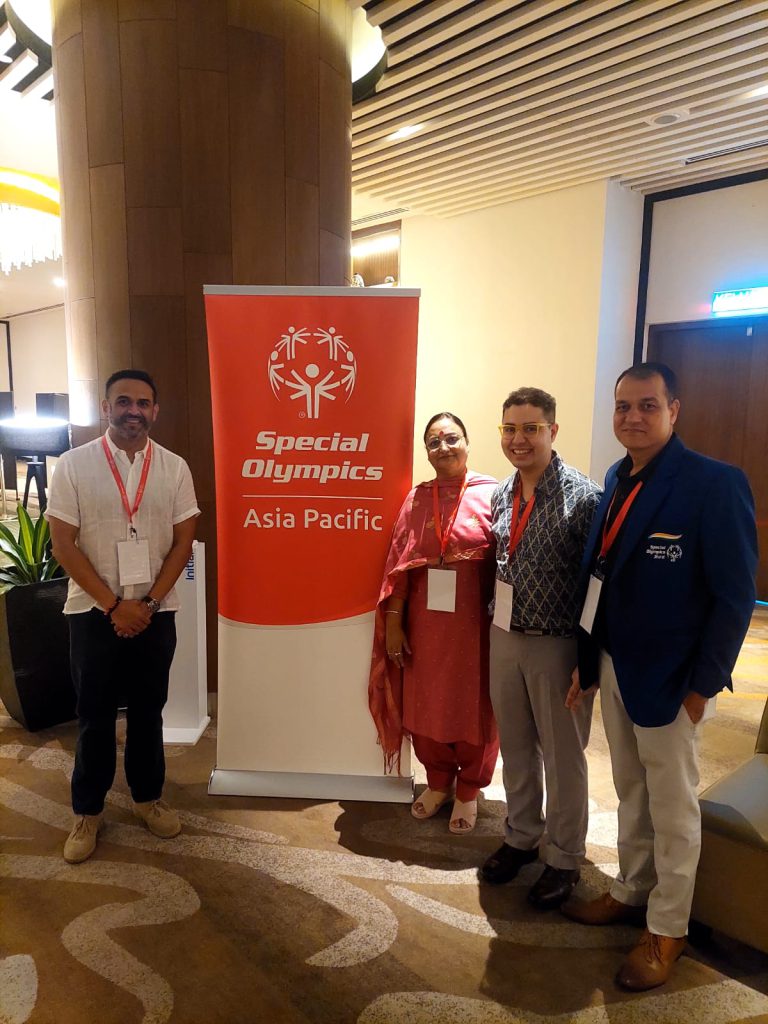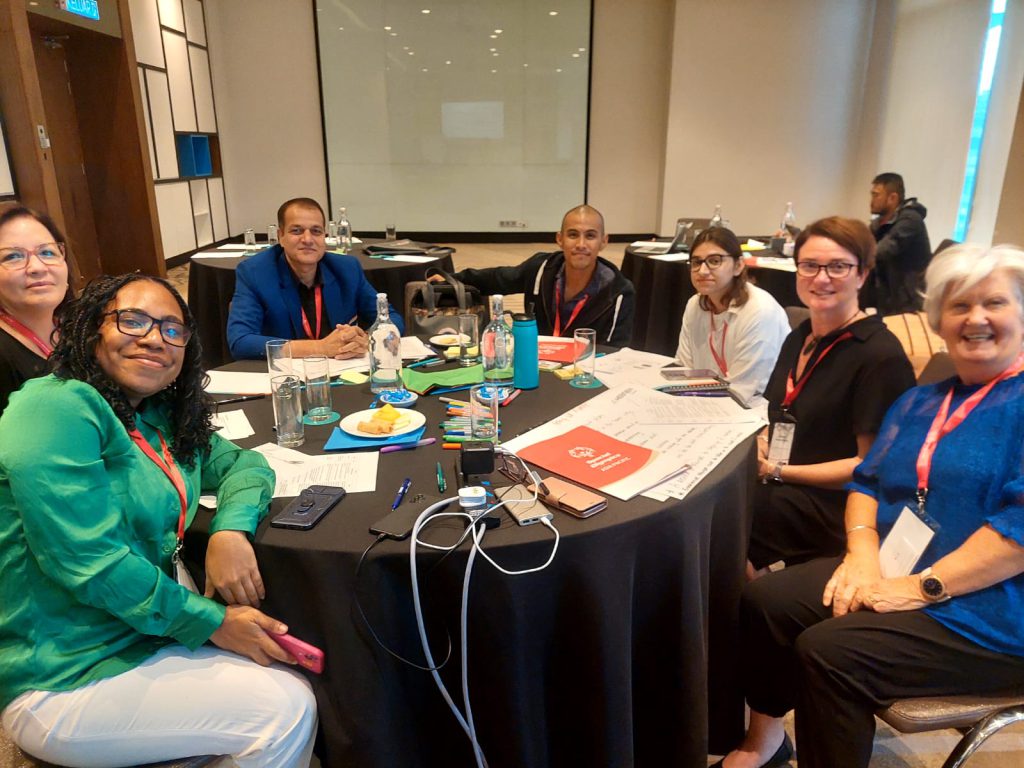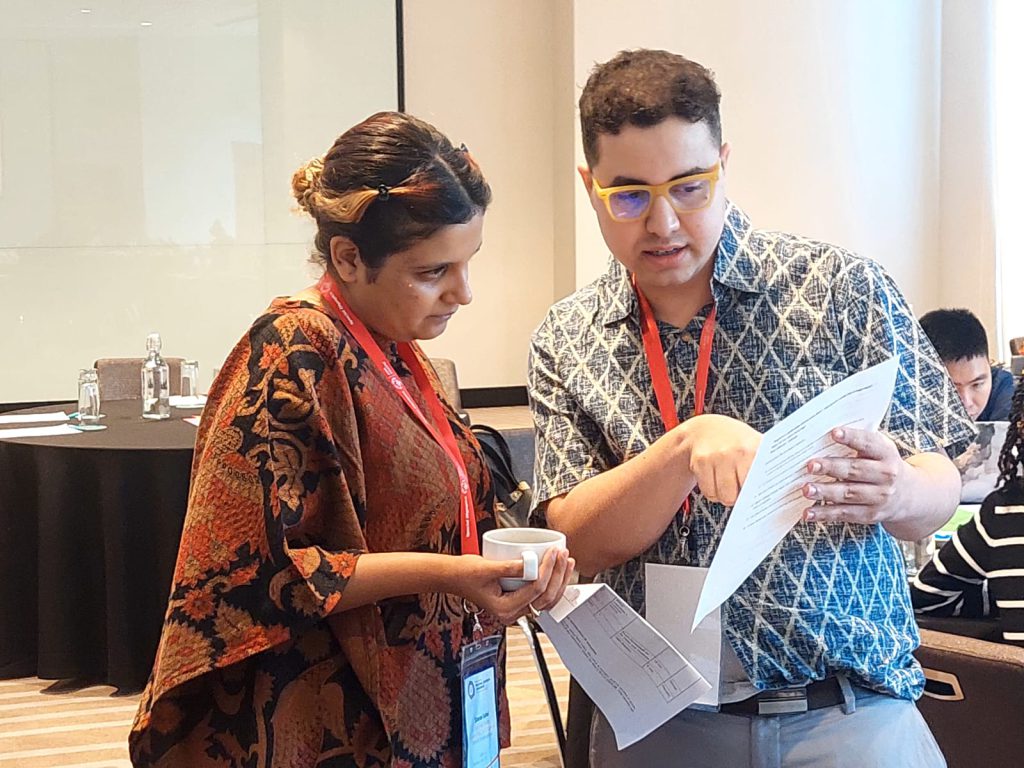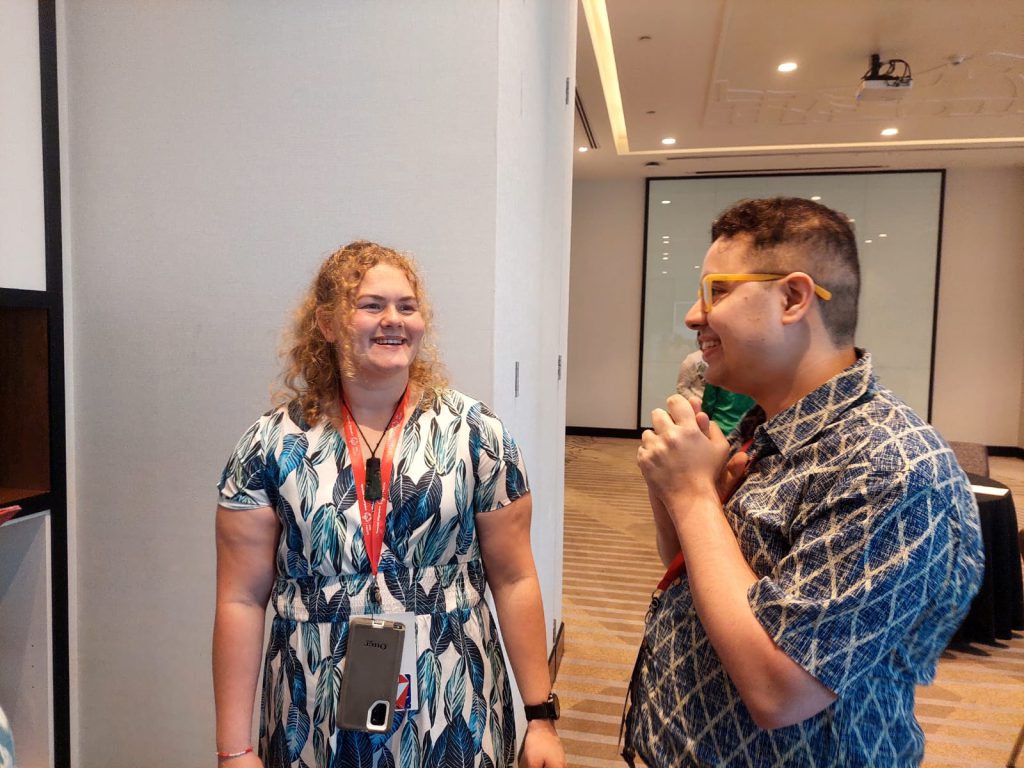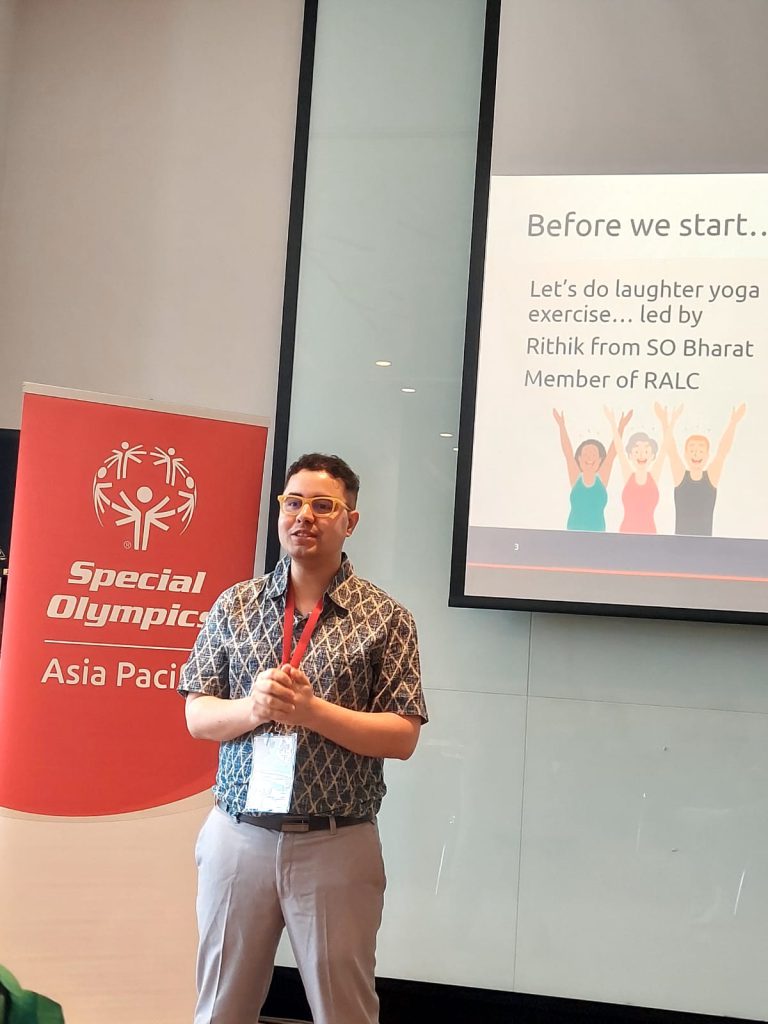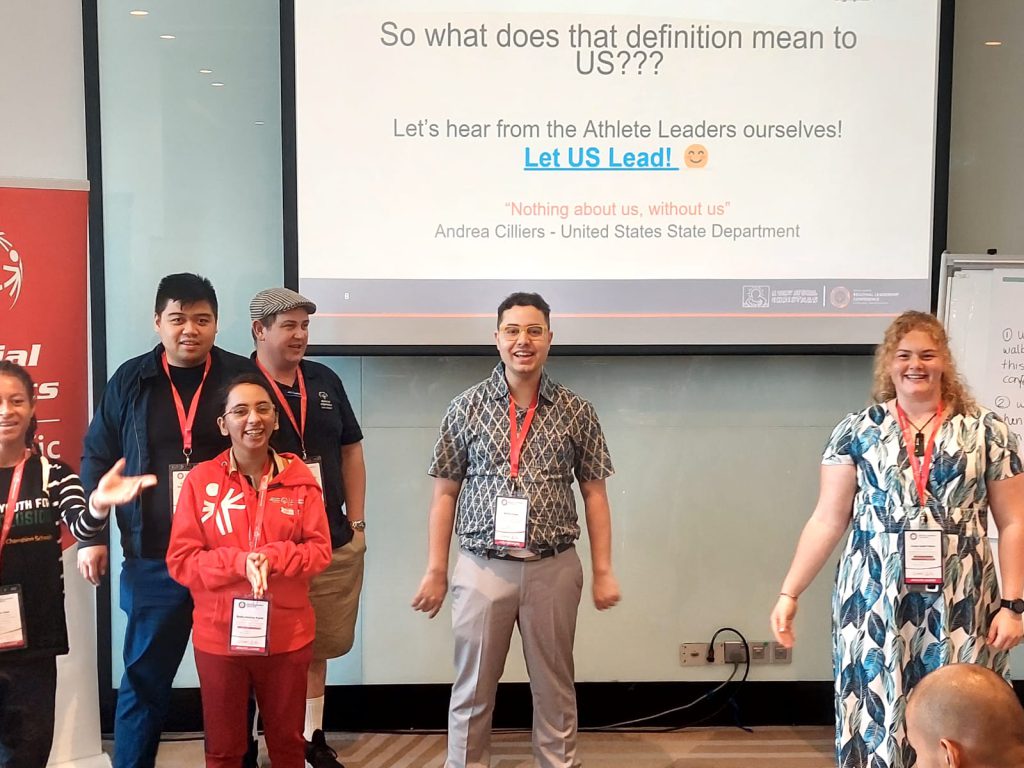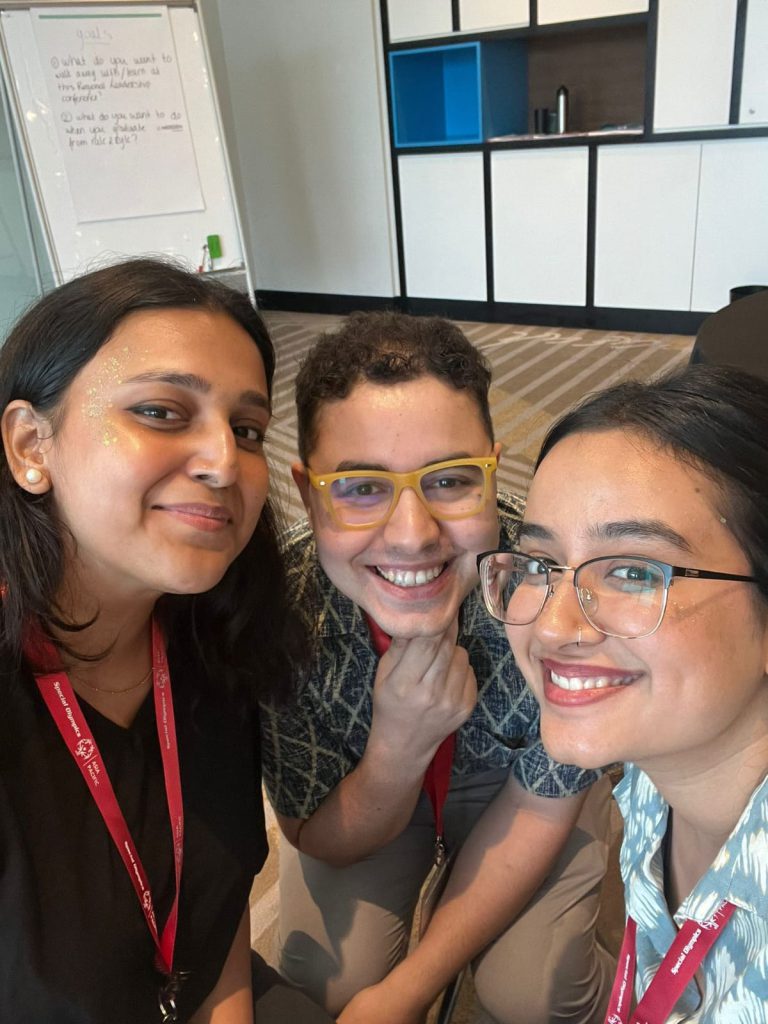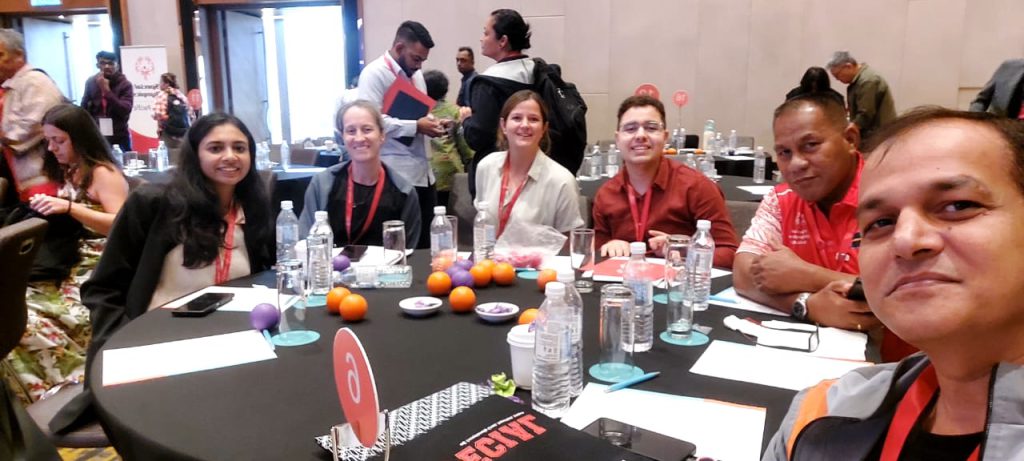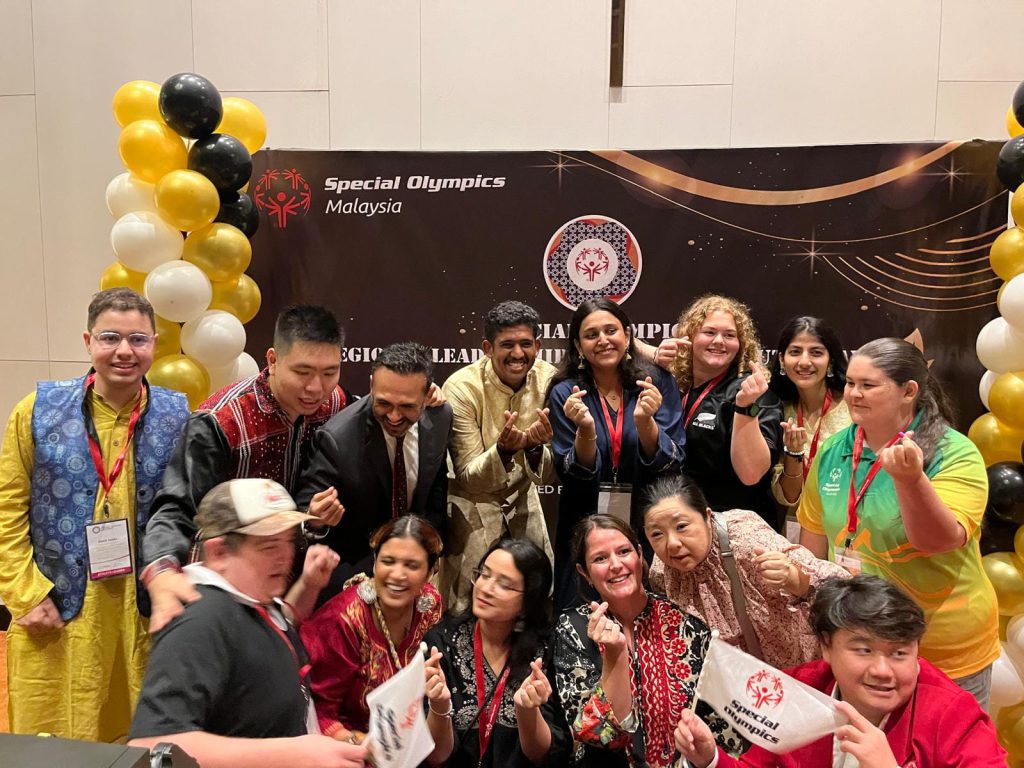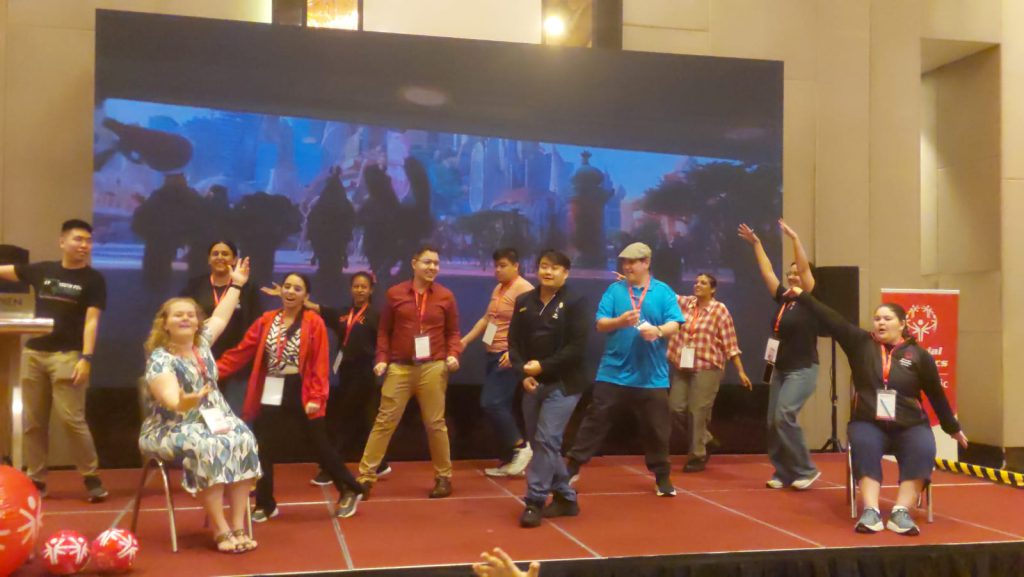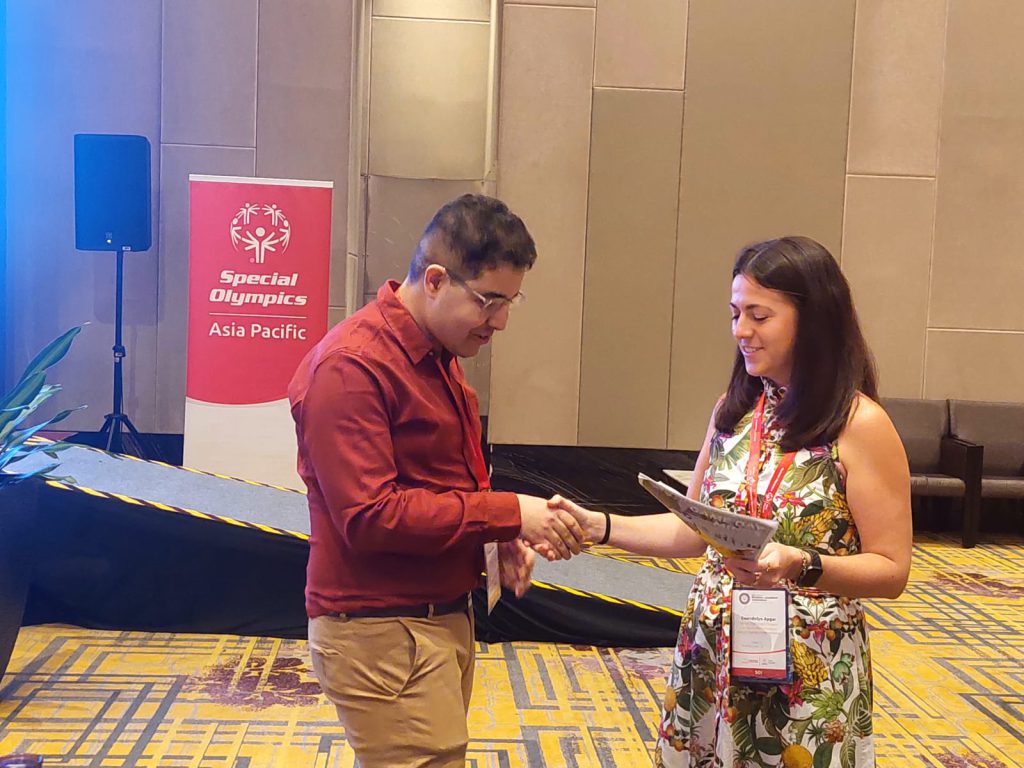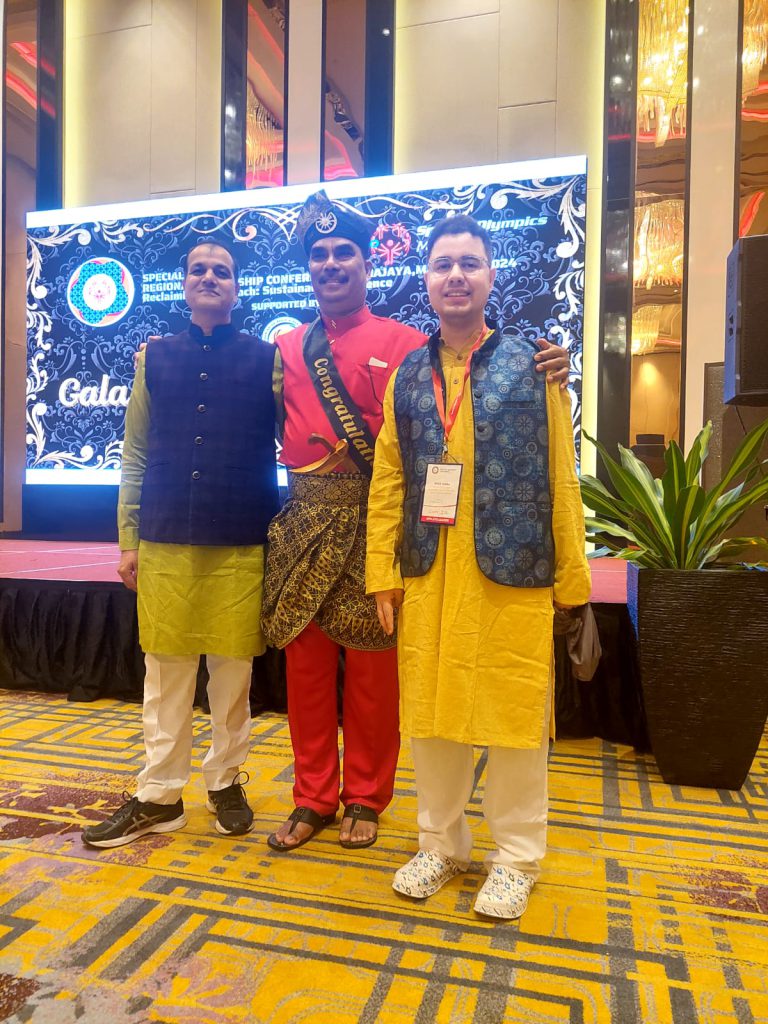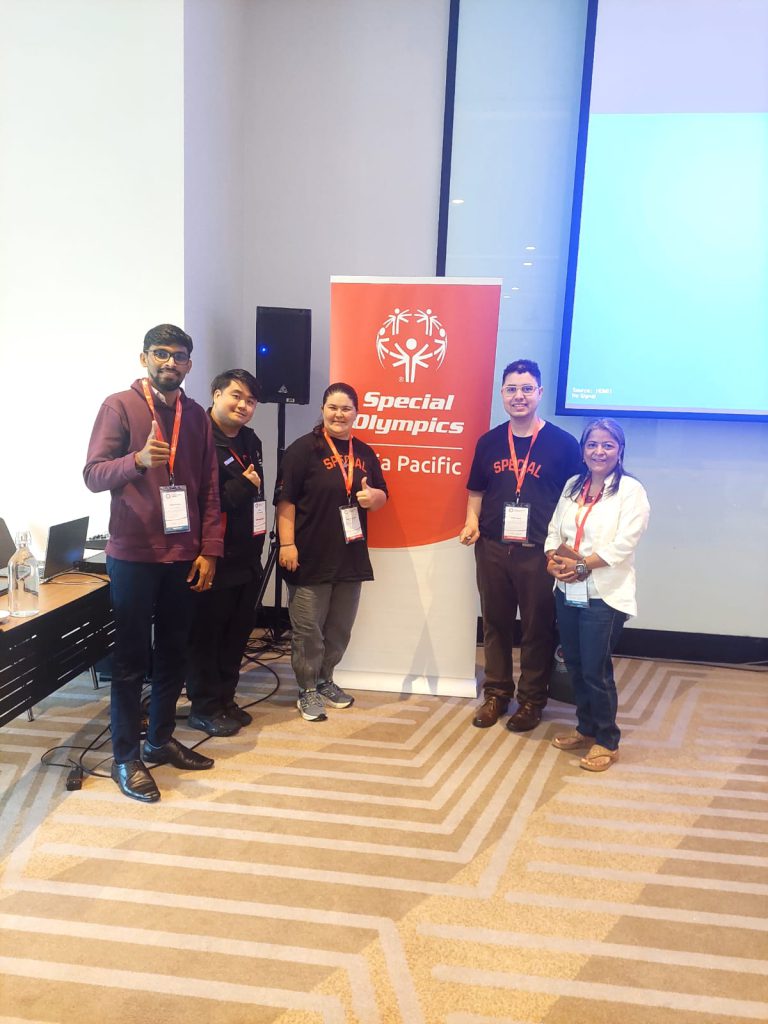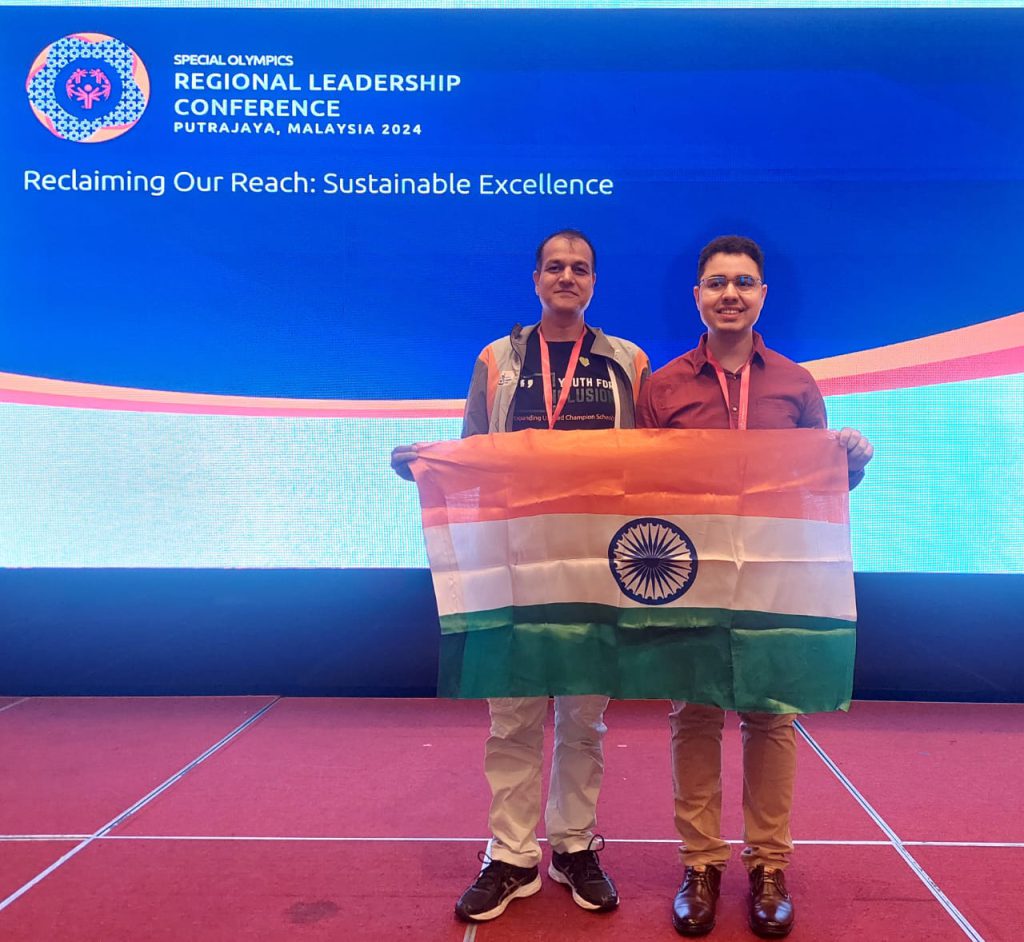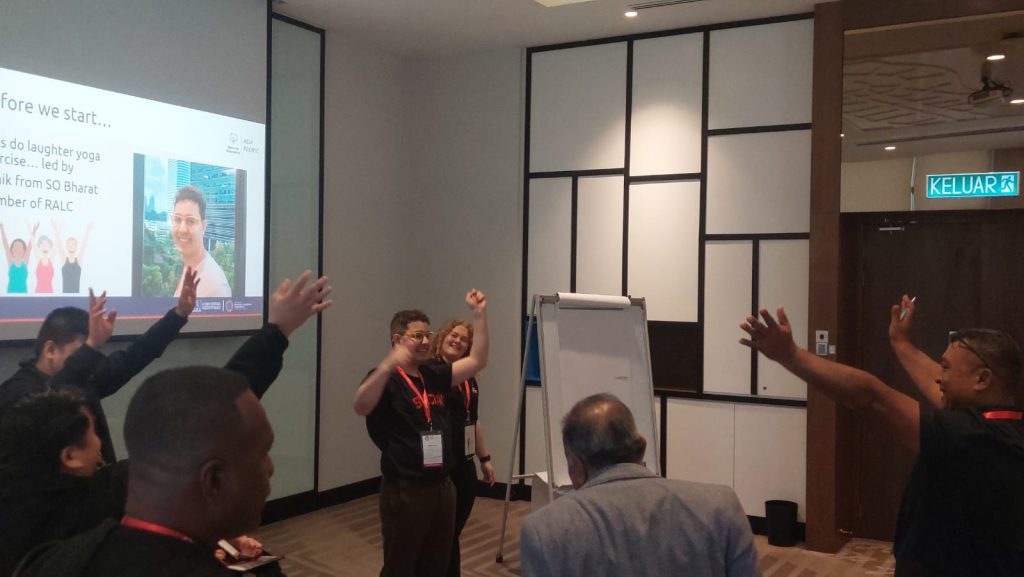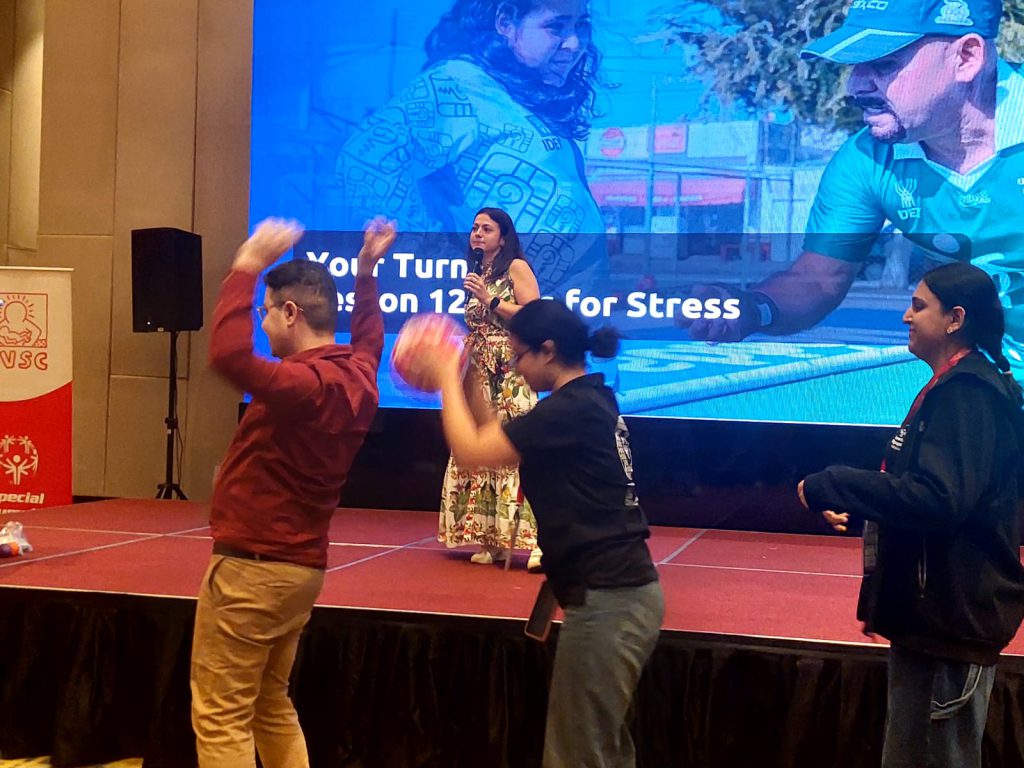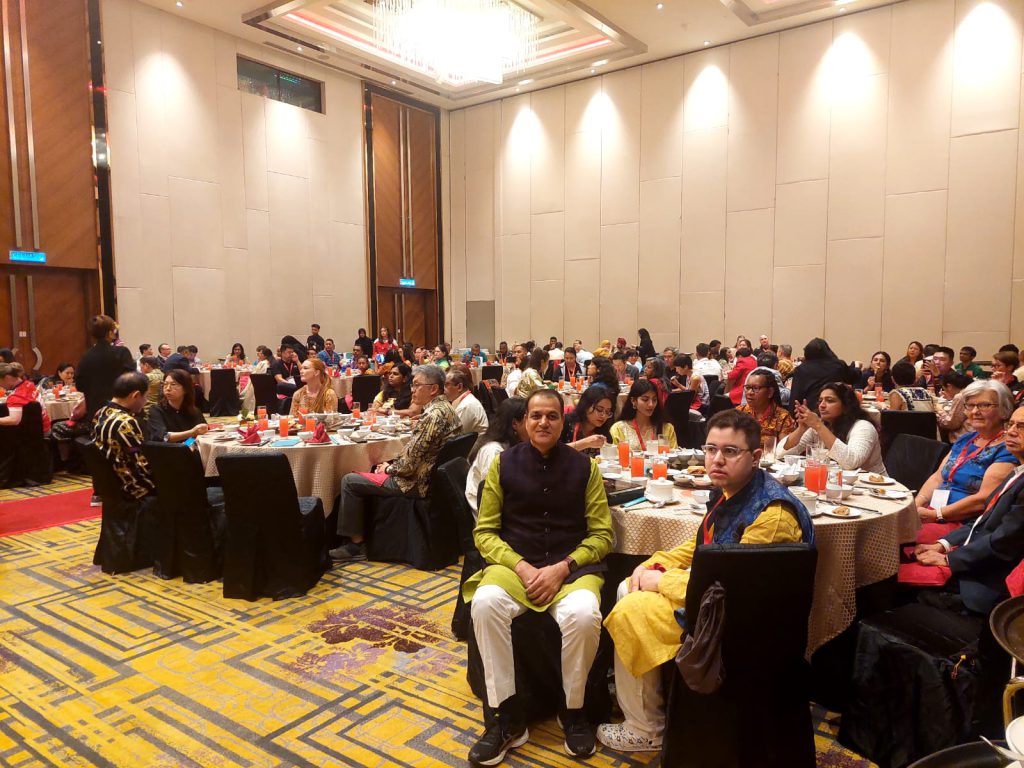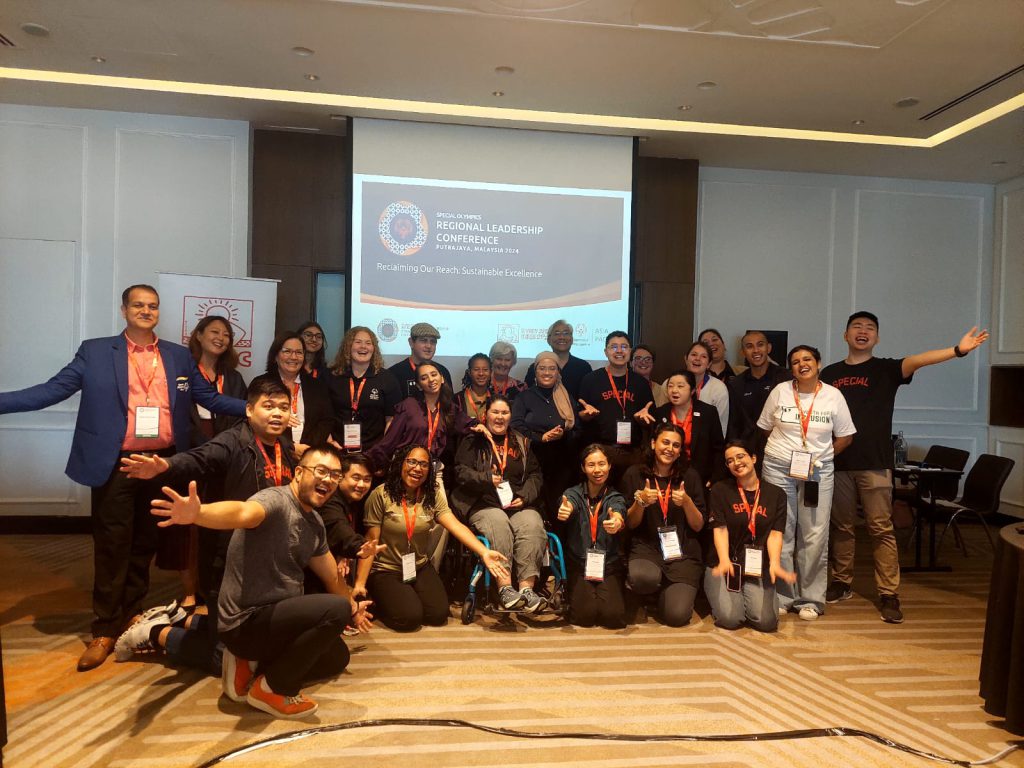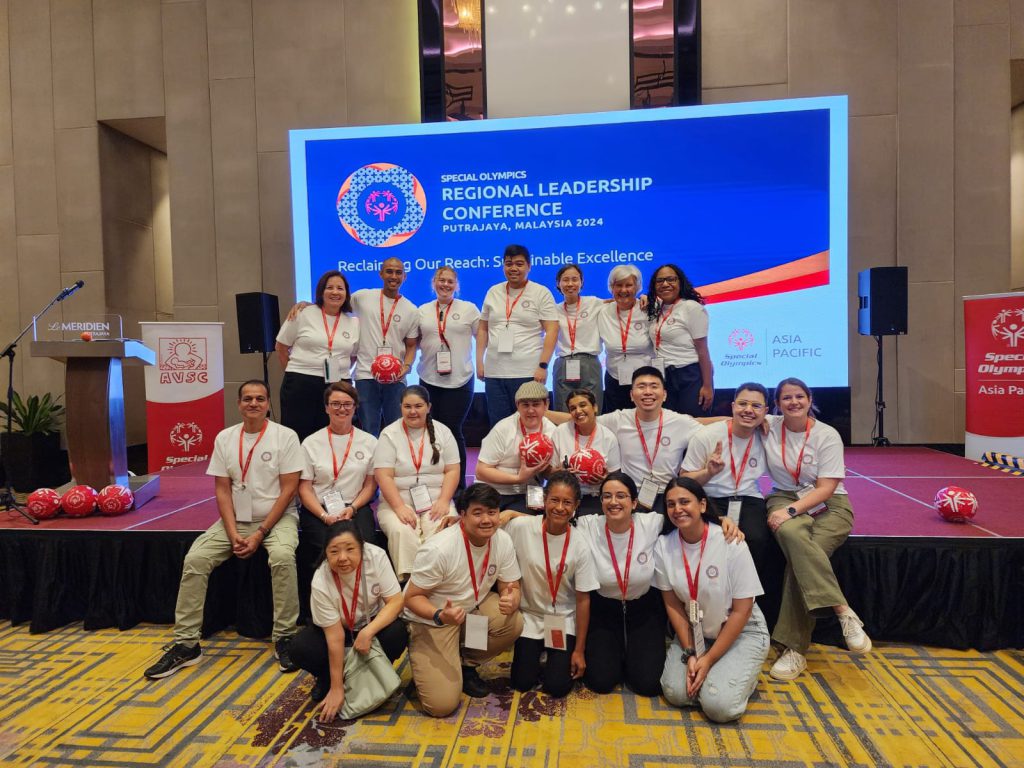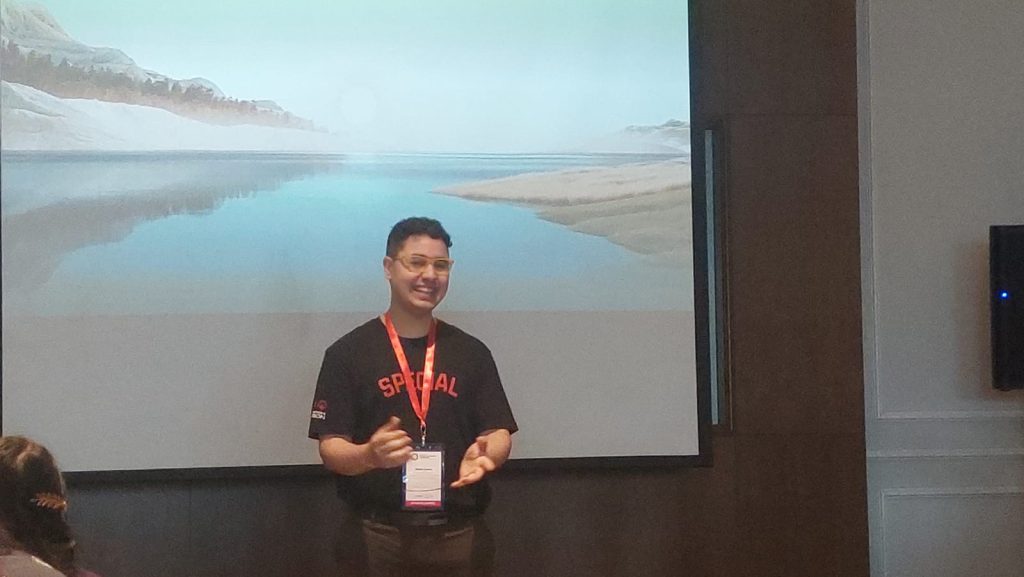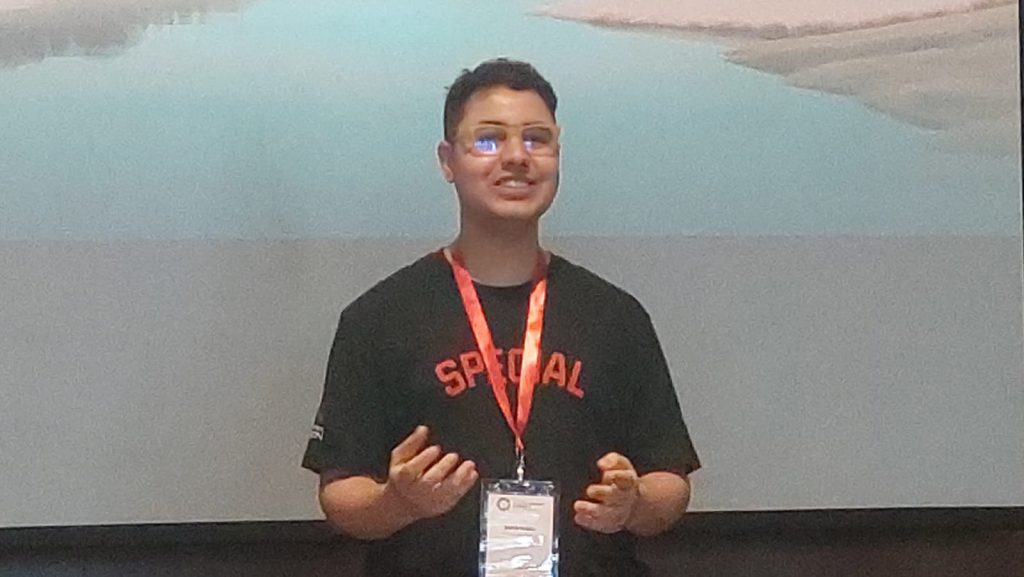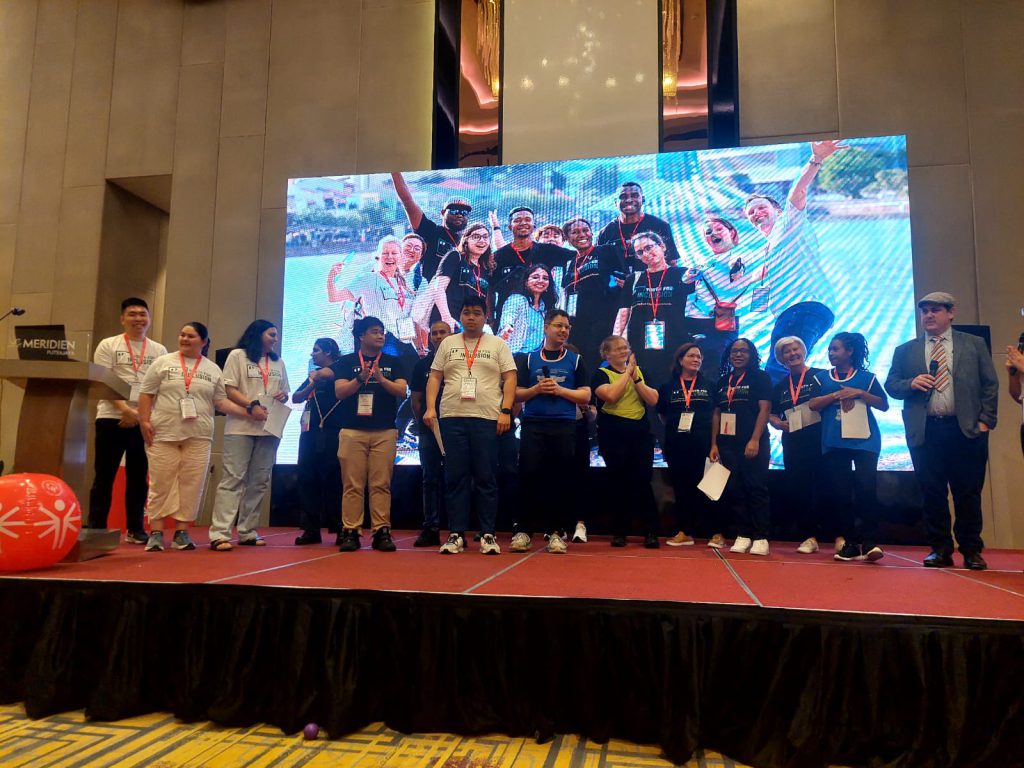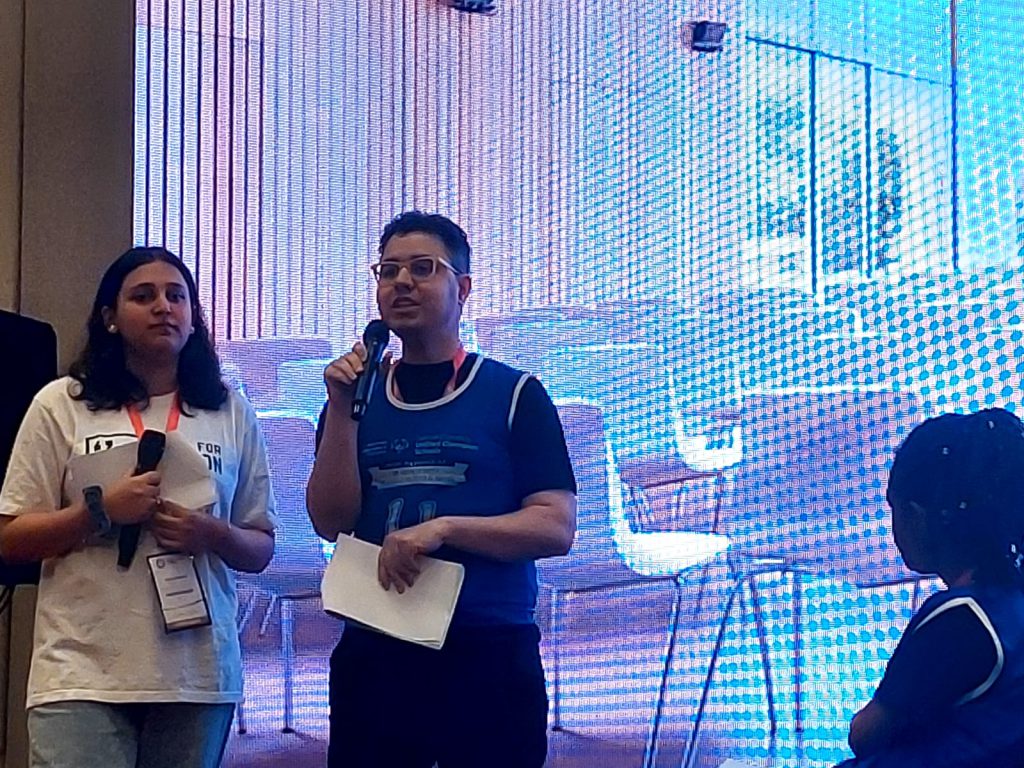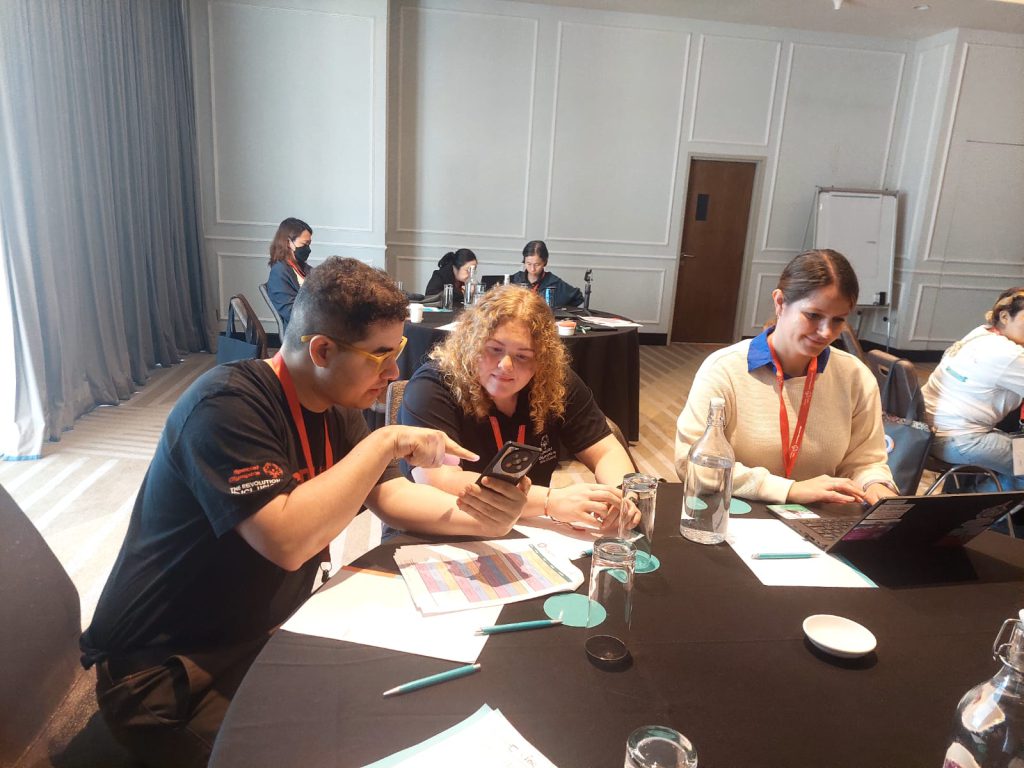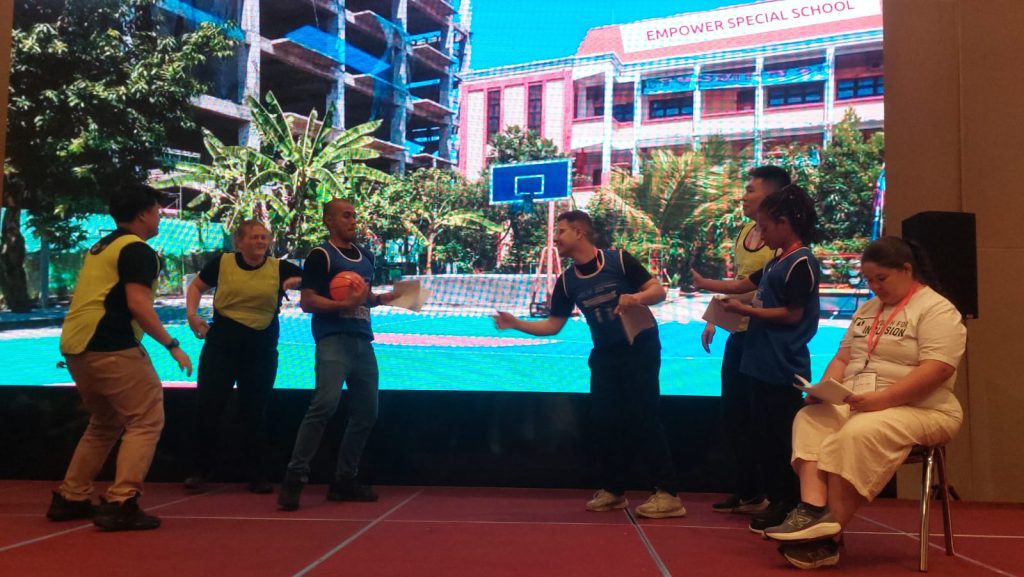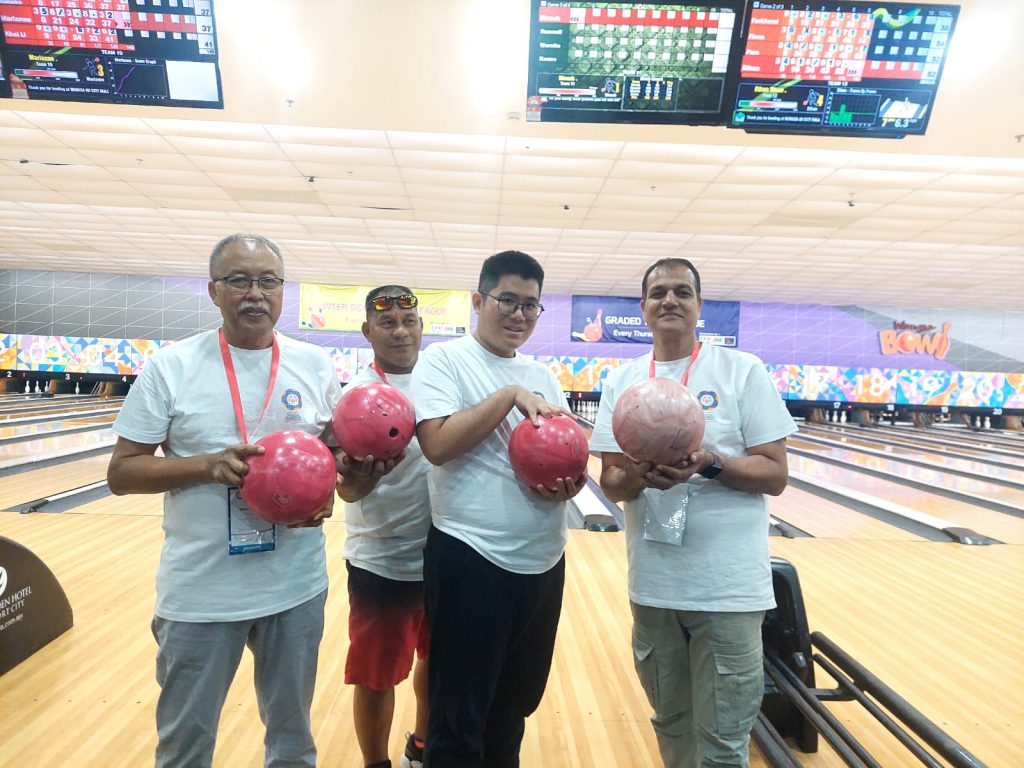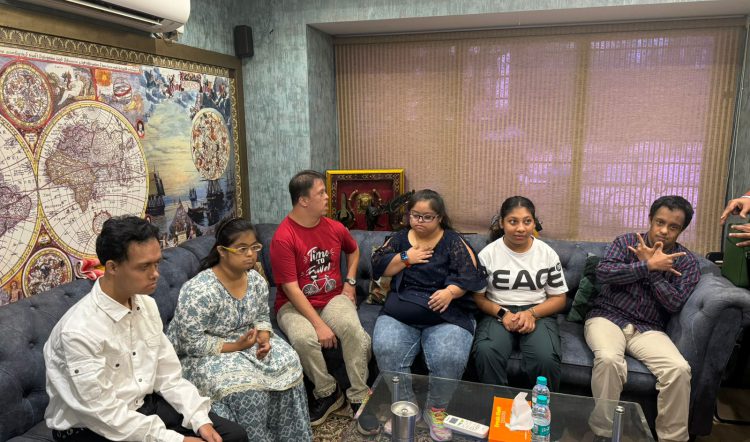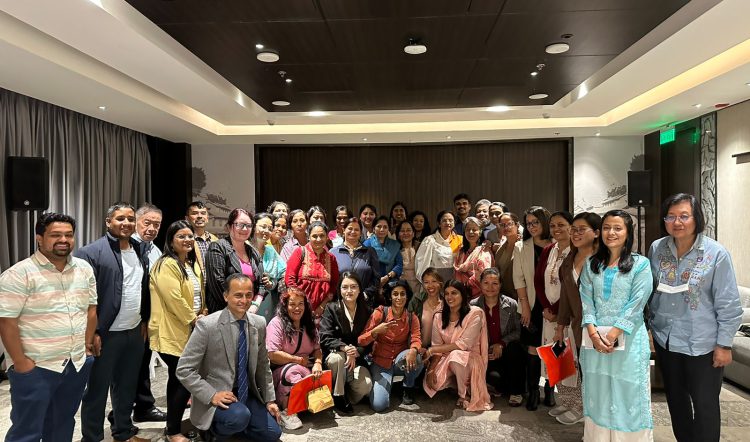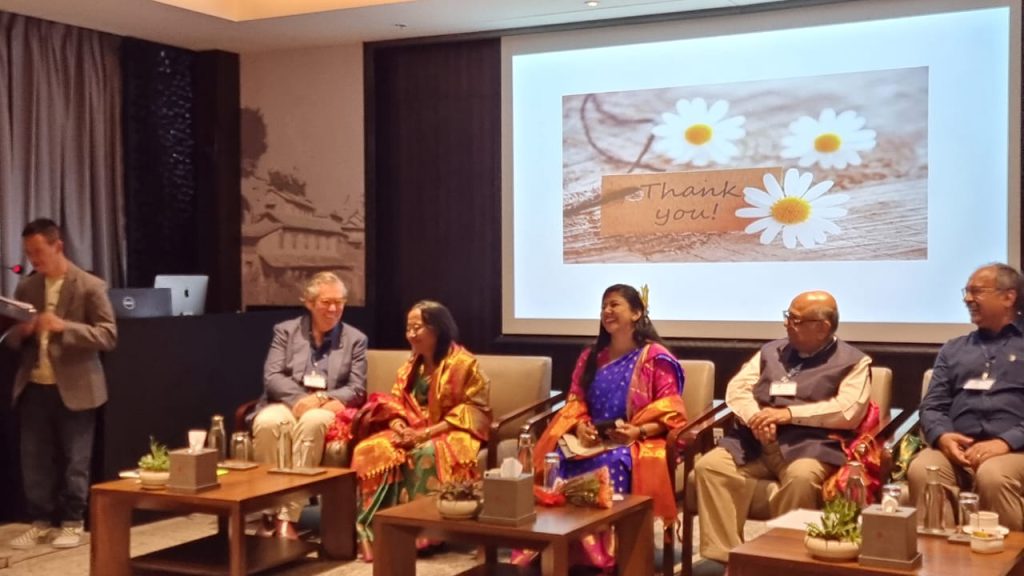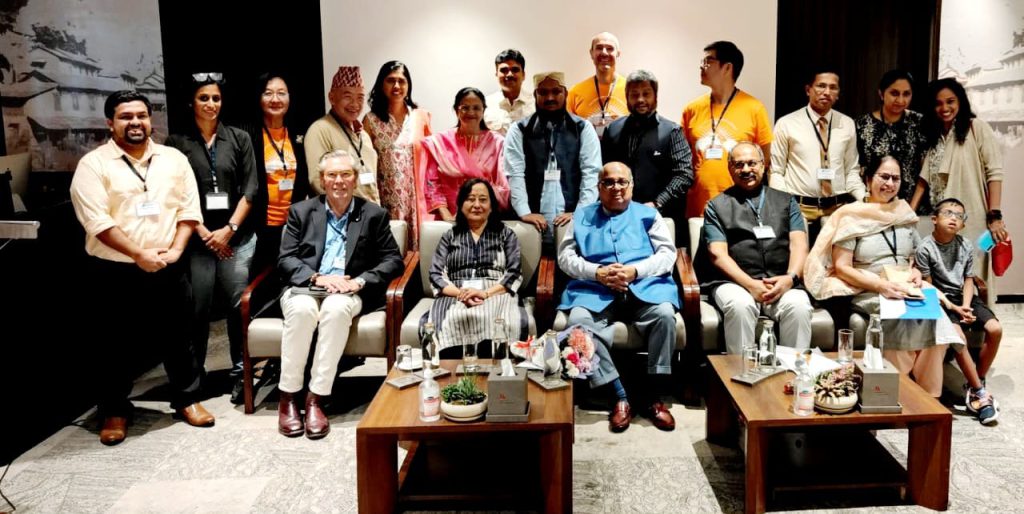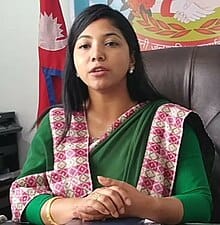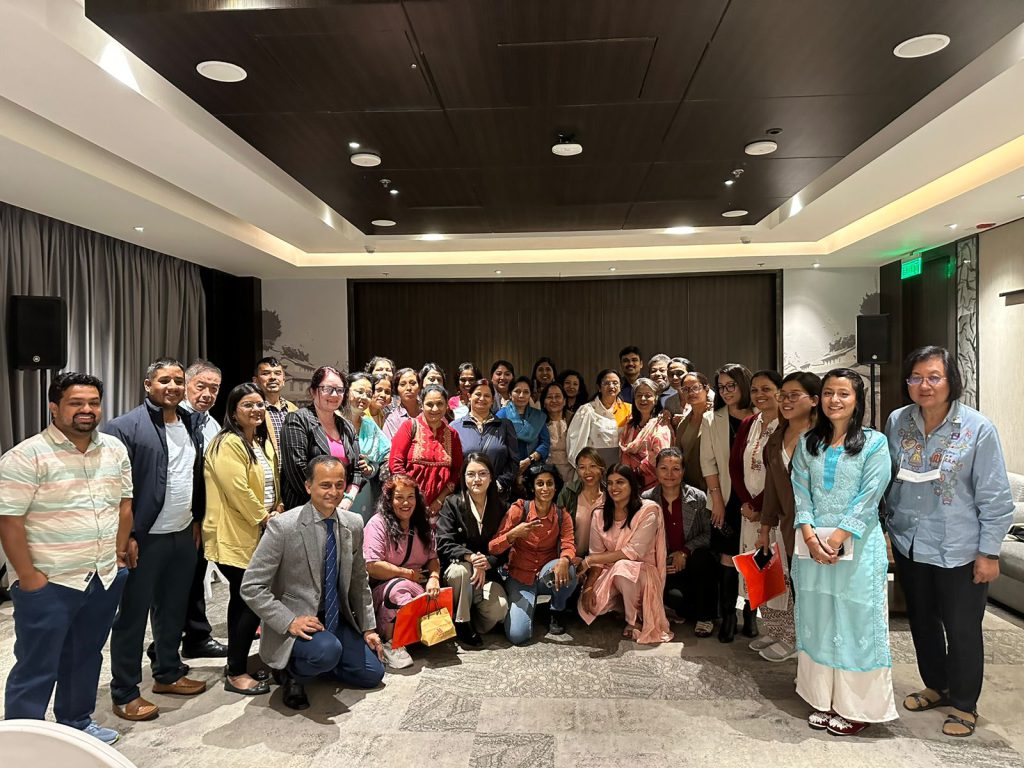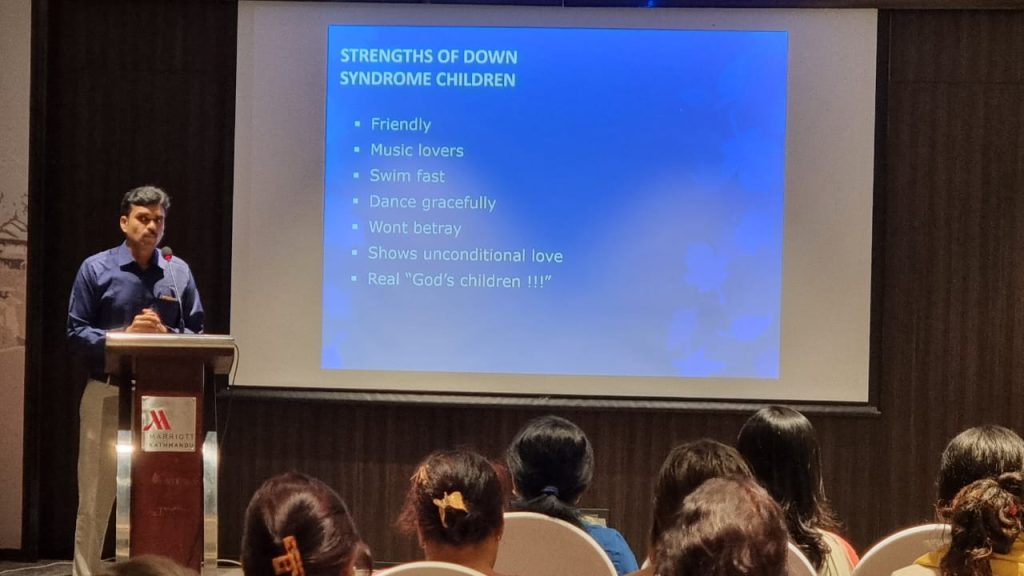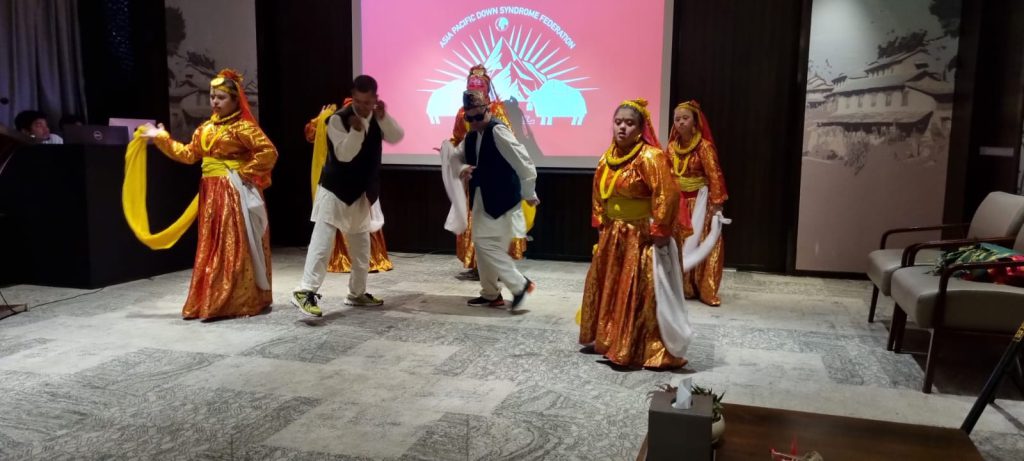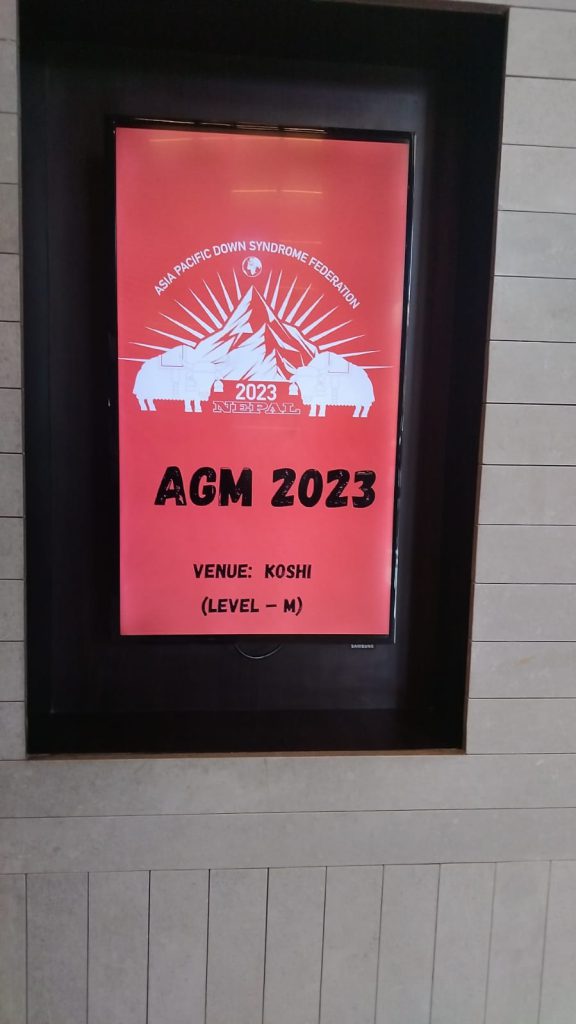Atlanto-Axial Instability (AAI) in Down Syndrome
This section provides important information for parents, caregivers, and professionals about neck safety and awareness in individuals with Down syndrome.
What is AAI?
Atlanto-Axial Instability (AAI) is a condition where the first two bones in the neck, known as the atlas and axis, move more than normal.
This increased movement happens because of loose ligaments or differences in bone structure, which are common in individuals with Down syndrome.
In rare cases, AAI can cause pressure on the spinal cord, leading to health problems if not identified and managed early.
How Common Is It?
About 10–30% of individuals with Down syndrome may show signs of AAI on X-rays.
However, only 1–2% develop symptoms that require medical treatment.
Regular monitoring and awareness help ensure early detection.
Signs and Symptoms to Watch For
If any of the following signs appear, it is important to contact a doctor immediately:
- Neck pain or stiffness
- Difficulty moving the head or holding it in an unusual position
- Weakness in the arms or legs
- Unsteady walking or frequent falls
- Loss of bladder or bowel control
- Numbness or tingling in the hands or feet
- Fatigue or decreased coordination
Activities to Avoid
Certain activities can increase the risk of injury for individuals with AAI. These include:
- Exercises or therapies that involve strong or repetitive neck movements
- Support the neck and head during medical, dental, or therapy sessions
- Inform teachers, coaches, and therapists about AAI precautions
Sports and Games to Avoid
- Gymnastics
- Diving (into pools or open water)
- Contact sports such as football, hockey, and wrestling
- High jump or pole vault
- Horse riding or other such activities involving jerky neck movements
Screening and Diagnosis
- A neck X-ray (cervical spine X-ray) taken in different positions can help detect AAI.
Screening may be advised during childhood or before participating in physical activities that involve the neck. - If symptoms are present or X-ray findings are unclear, an MRI may be recommended for further evaluation.
Management and Care
If AAI is detected but there are no symptoms, regular check-ups and careful activity planning are usually sufficient.
If symptoms develop, it is important to consult a paediatric orthopaedic or neurosurgeon.
In severe cases, surgery may be required to stabilize the neck and prevent spinal cord damage.
Key Message
- Most individuals with Down syndrome do not experience symptoms of AAI. However, awareness among parents, caregivers, teachers, and therapists is essential.
- Recognizing early warning signs and taking simple precautions can prevent complications and ensure a safe, active life for individuals with Down syndrome.
